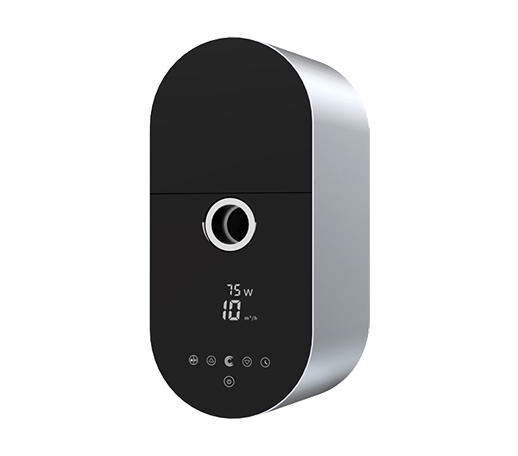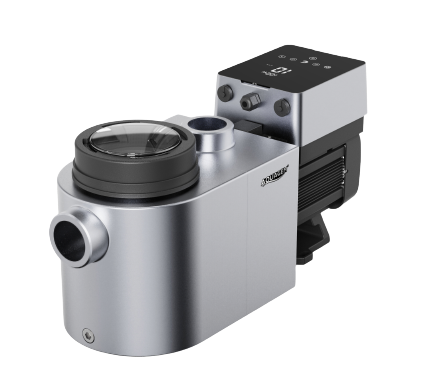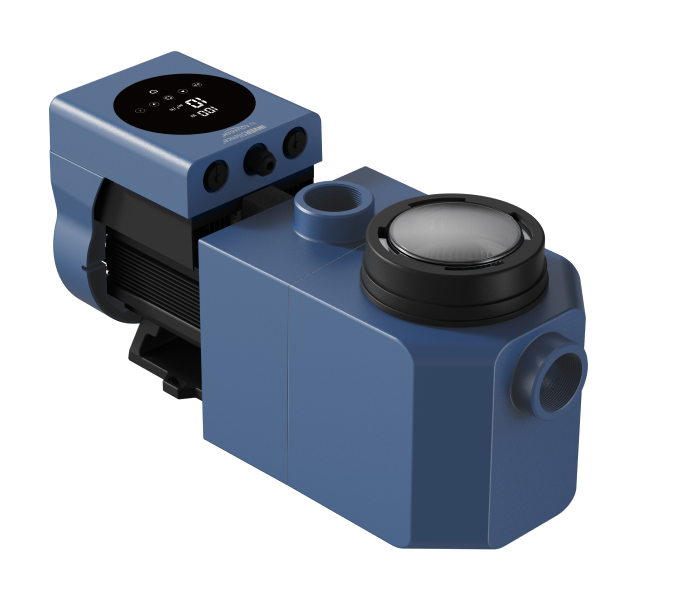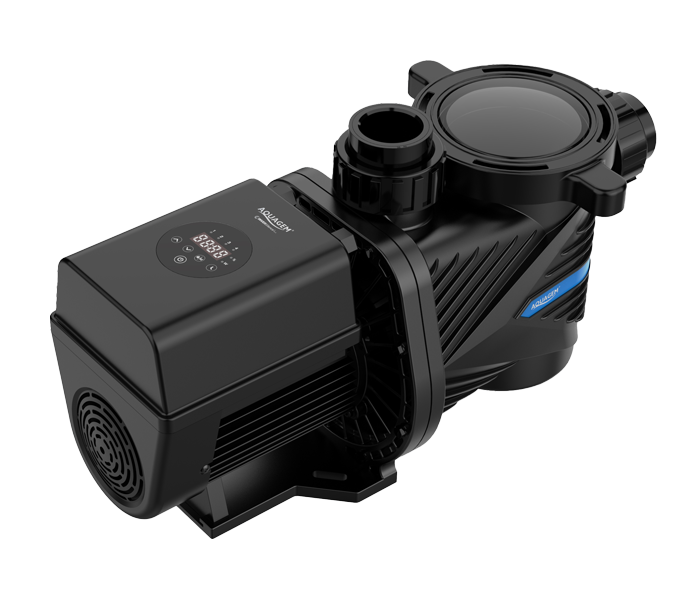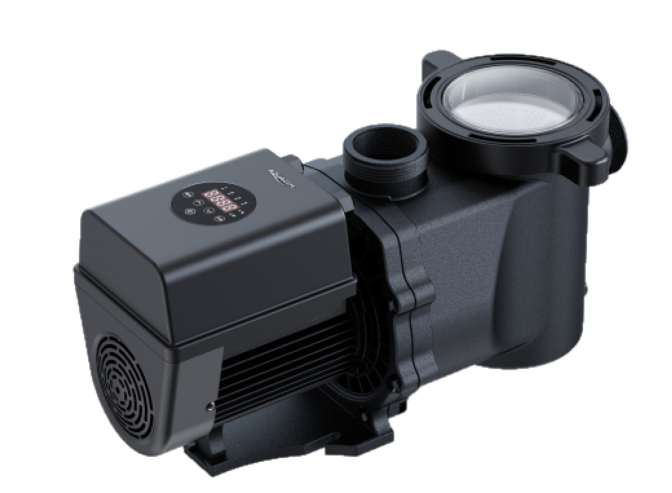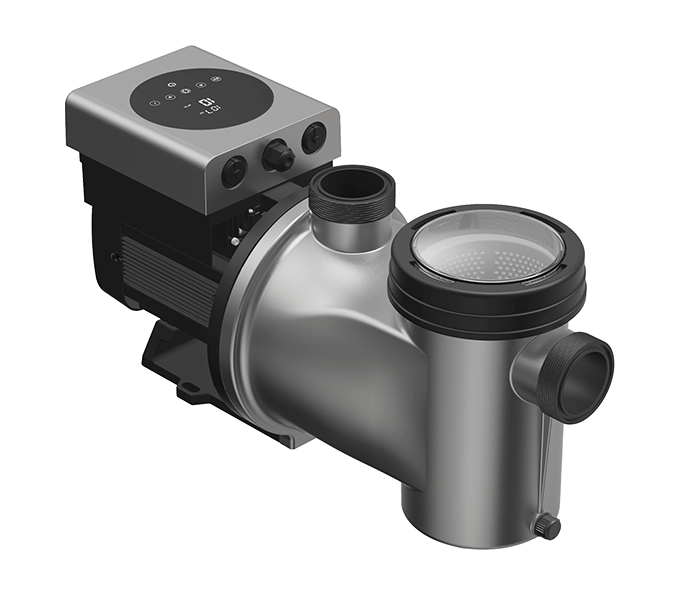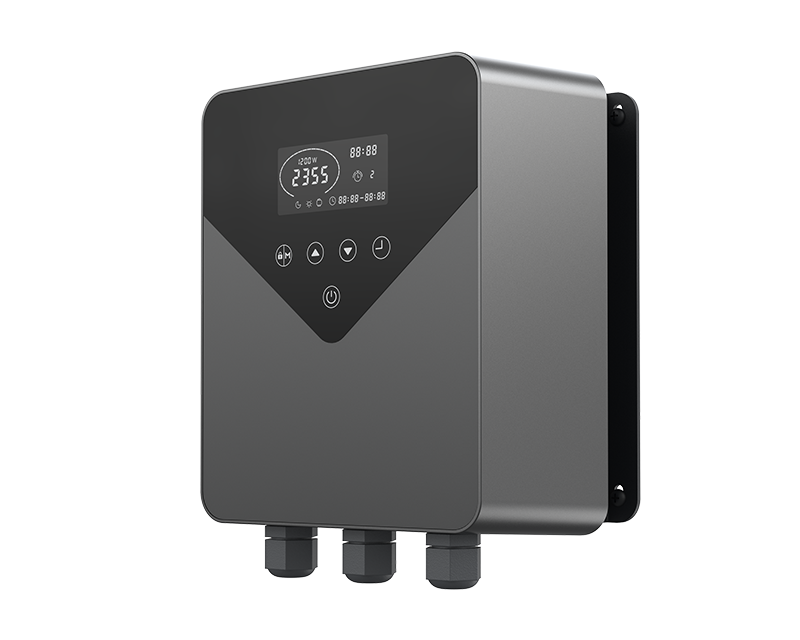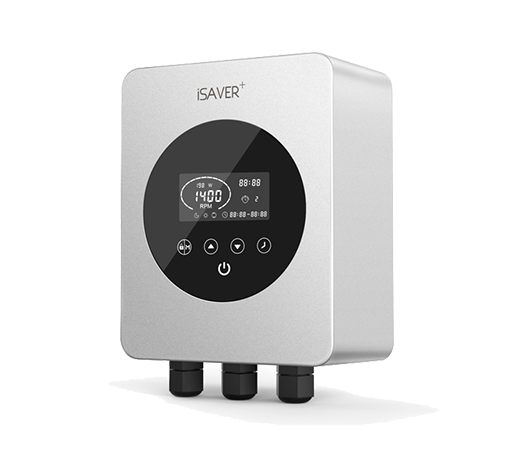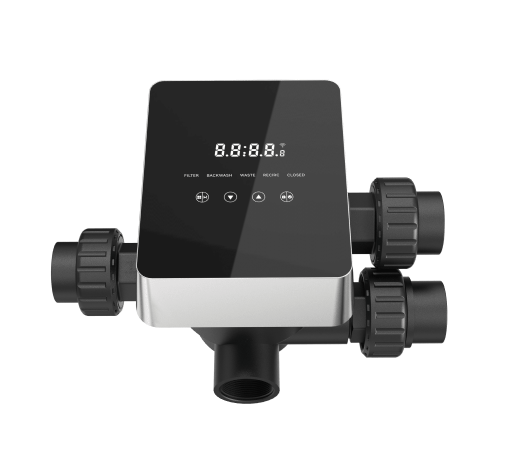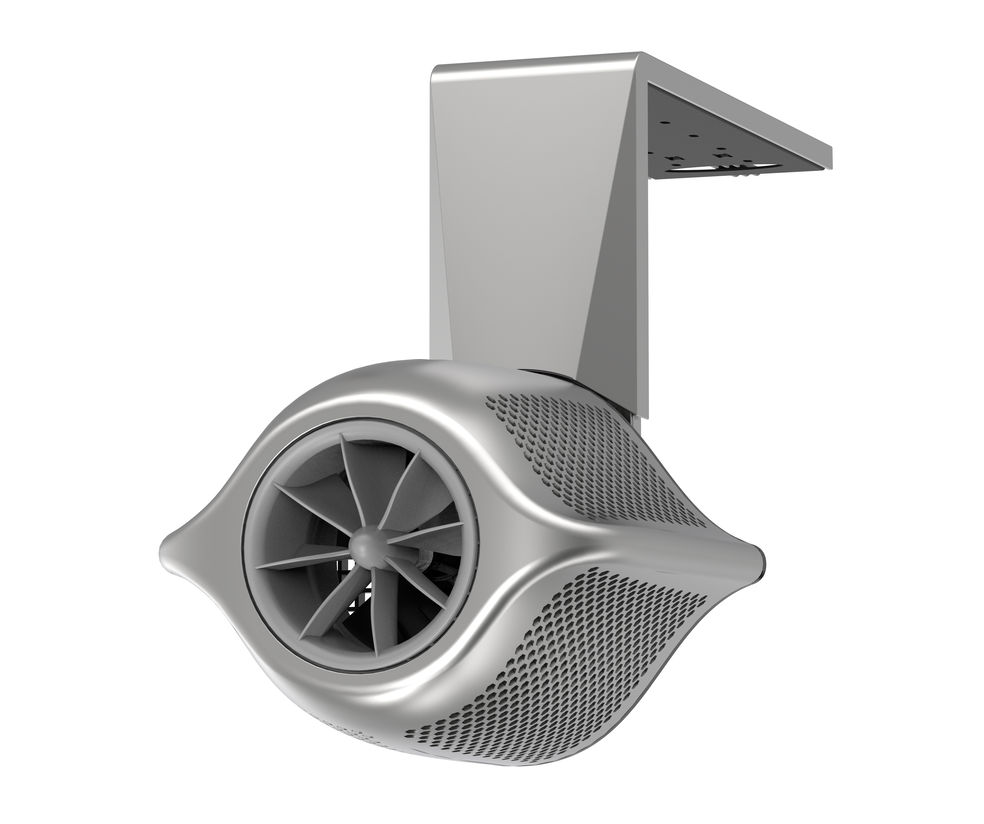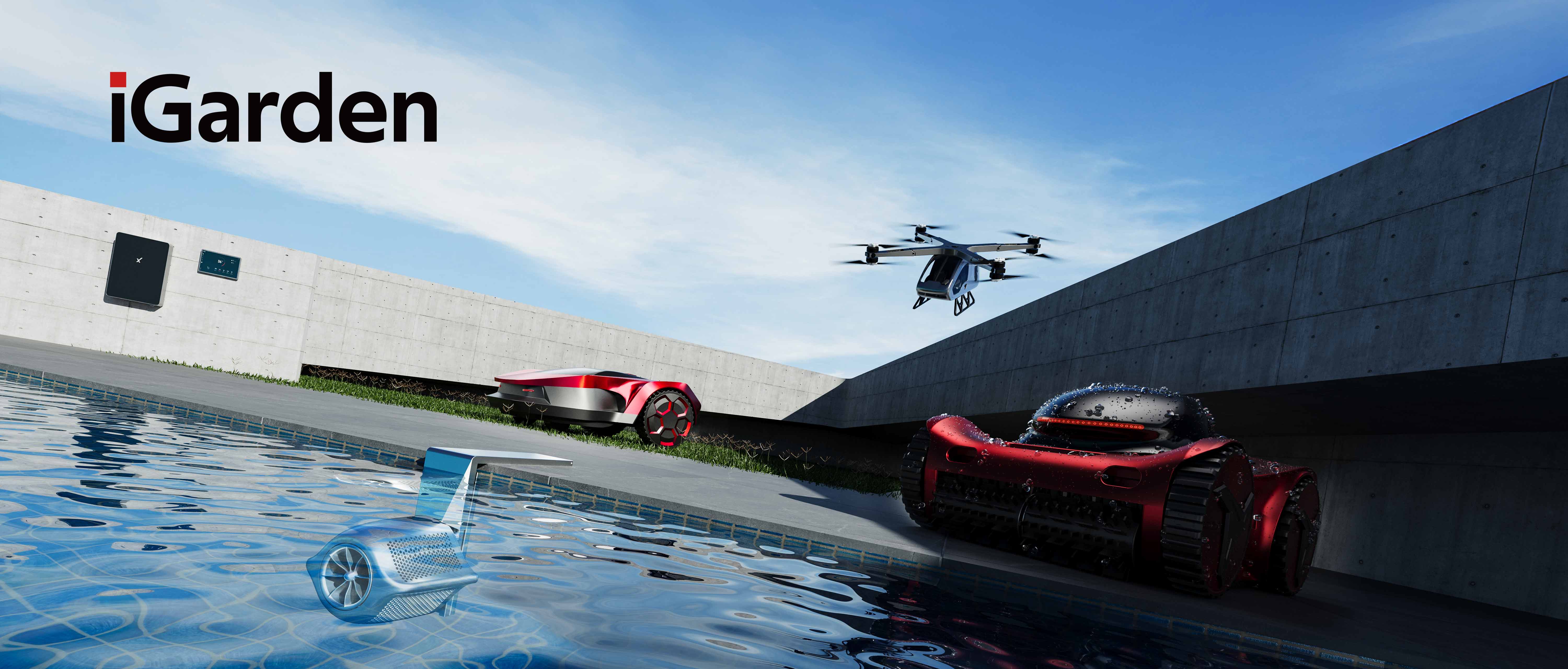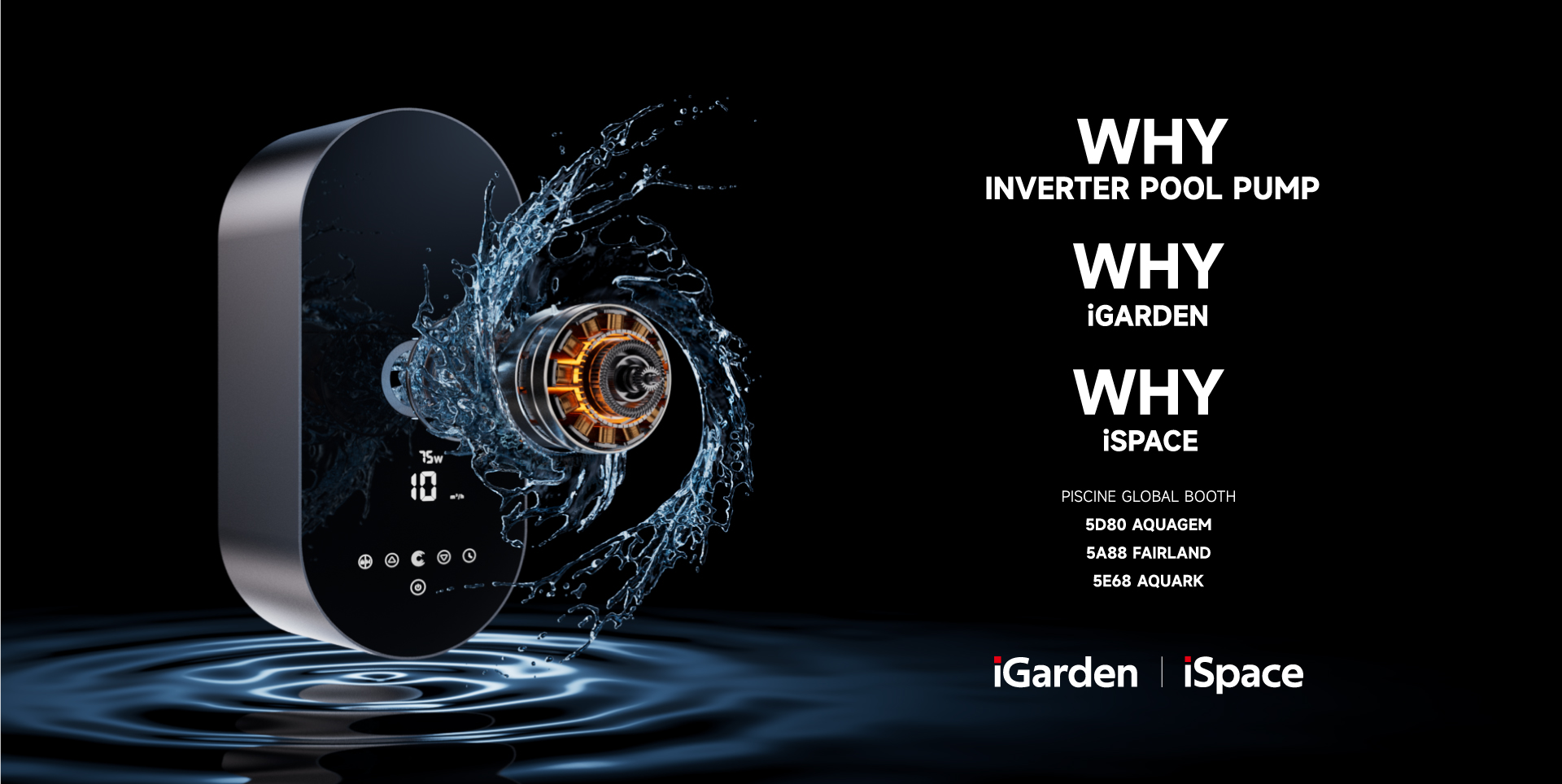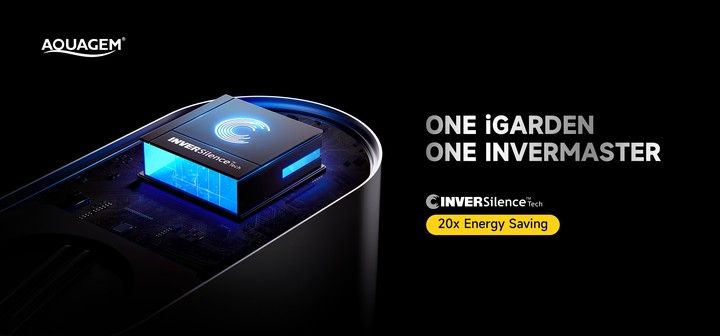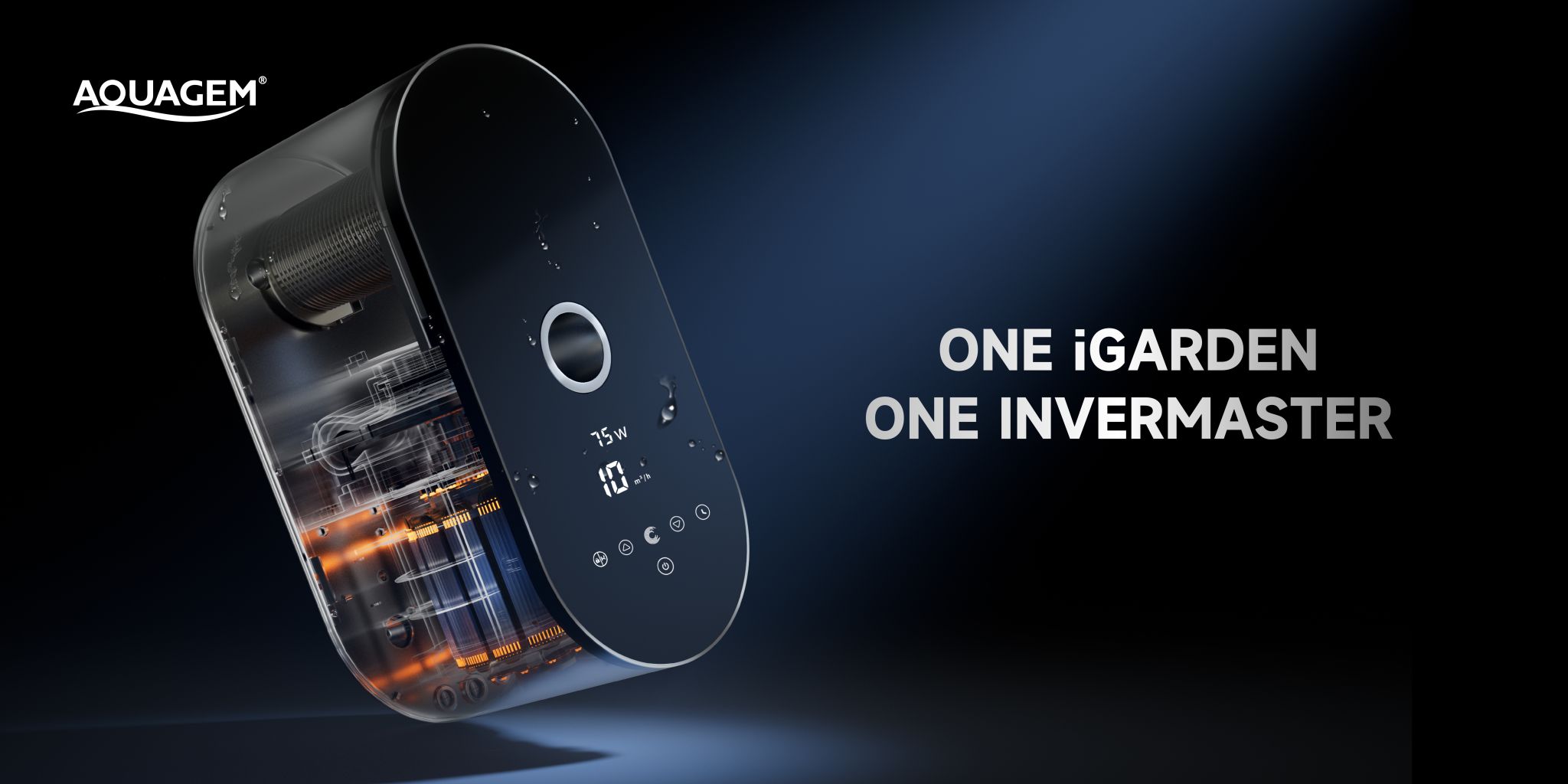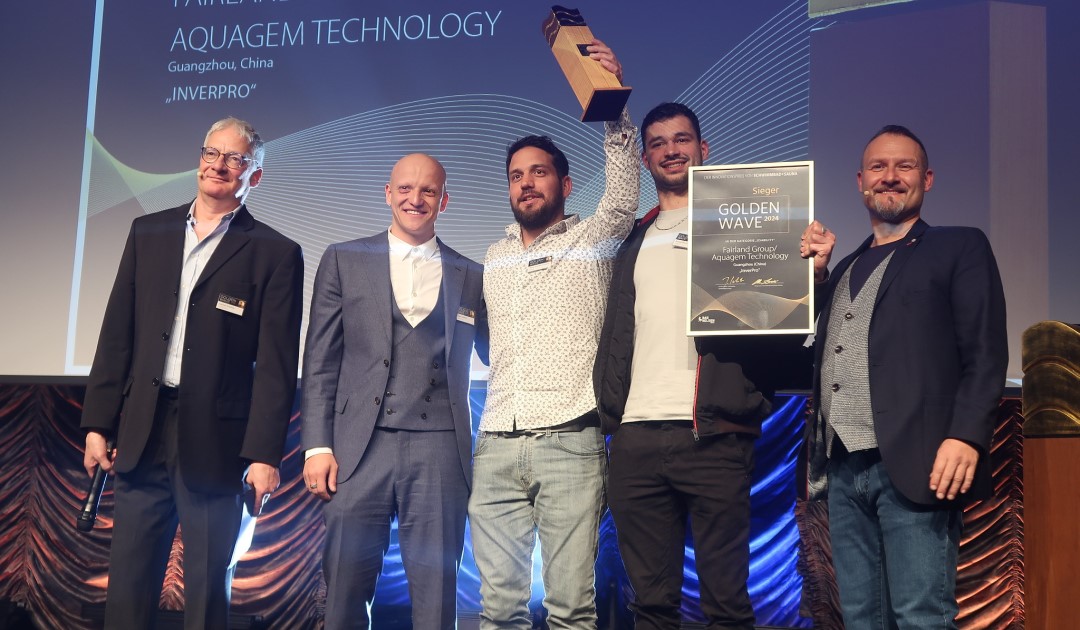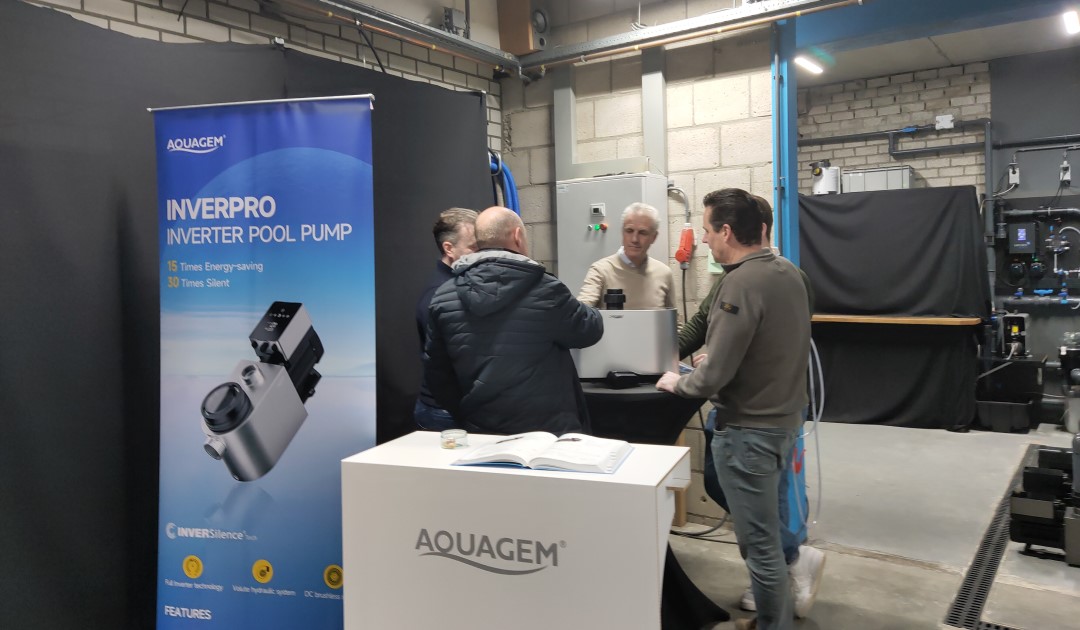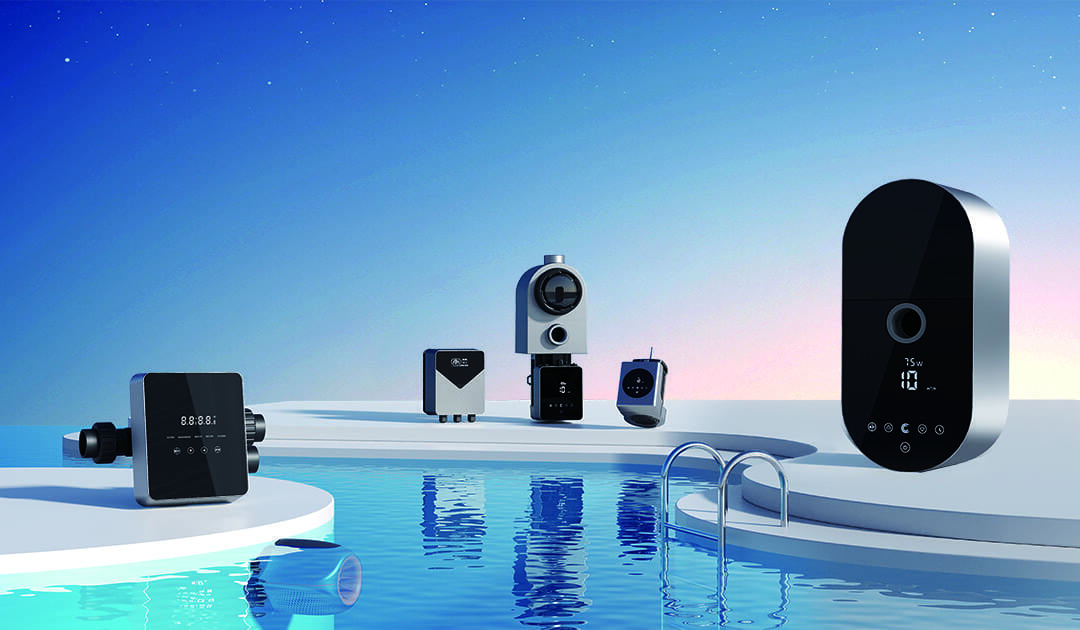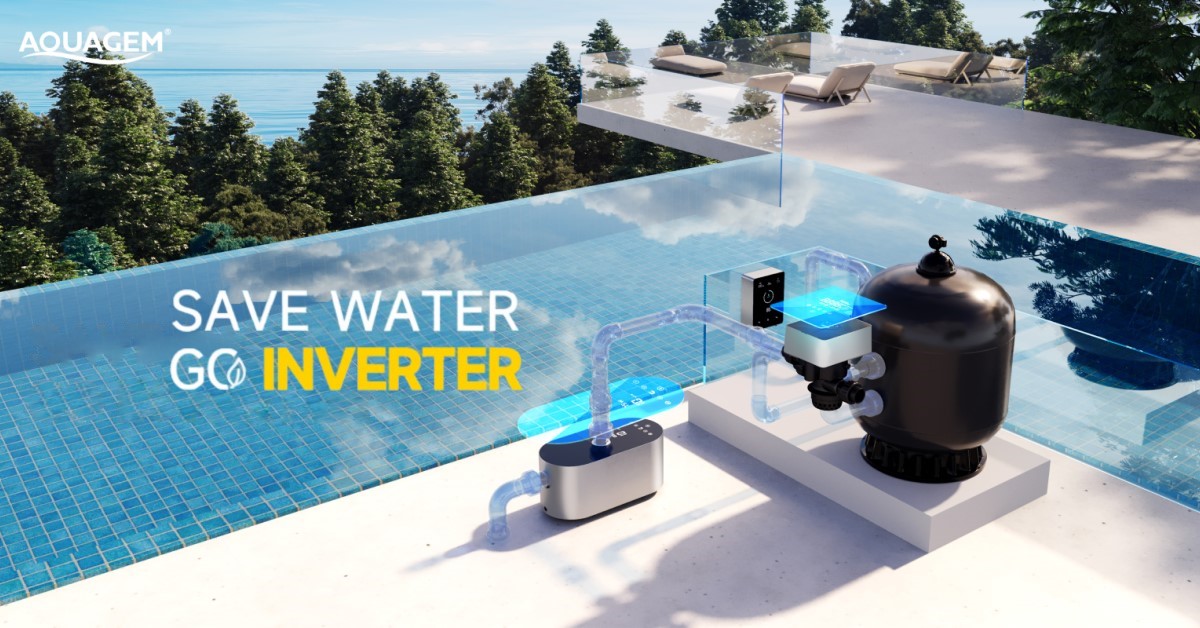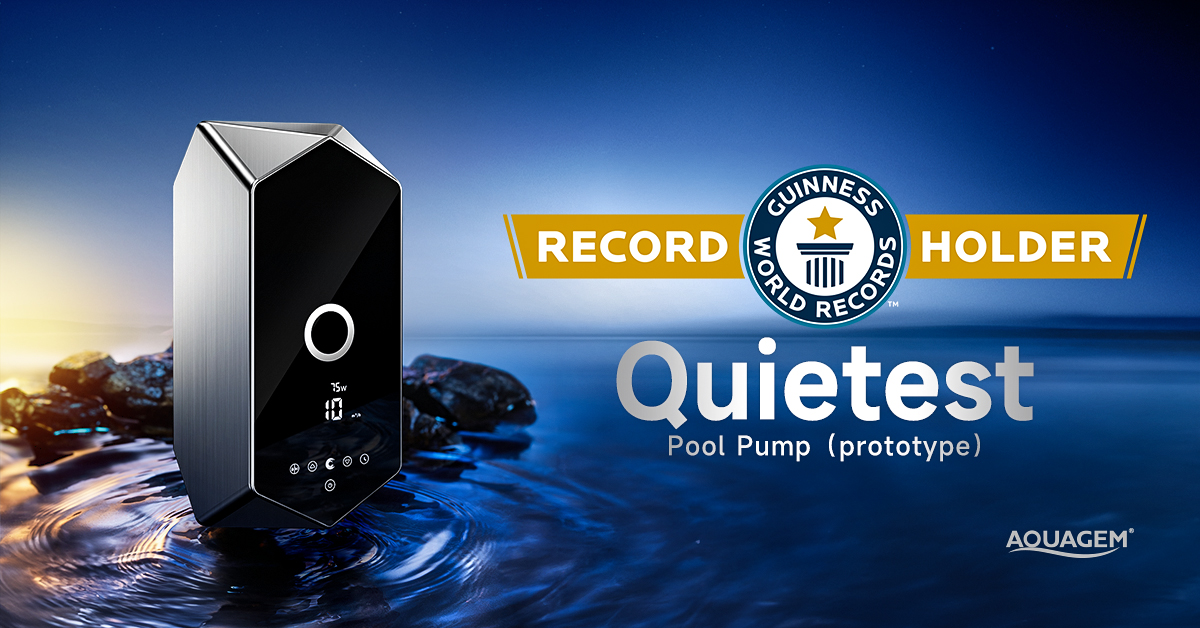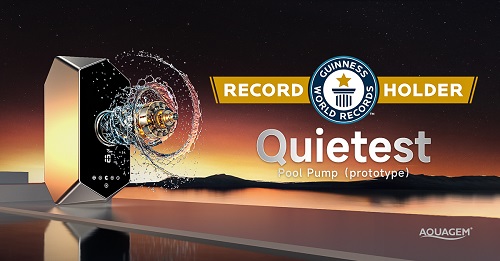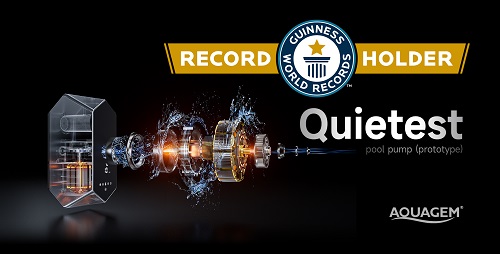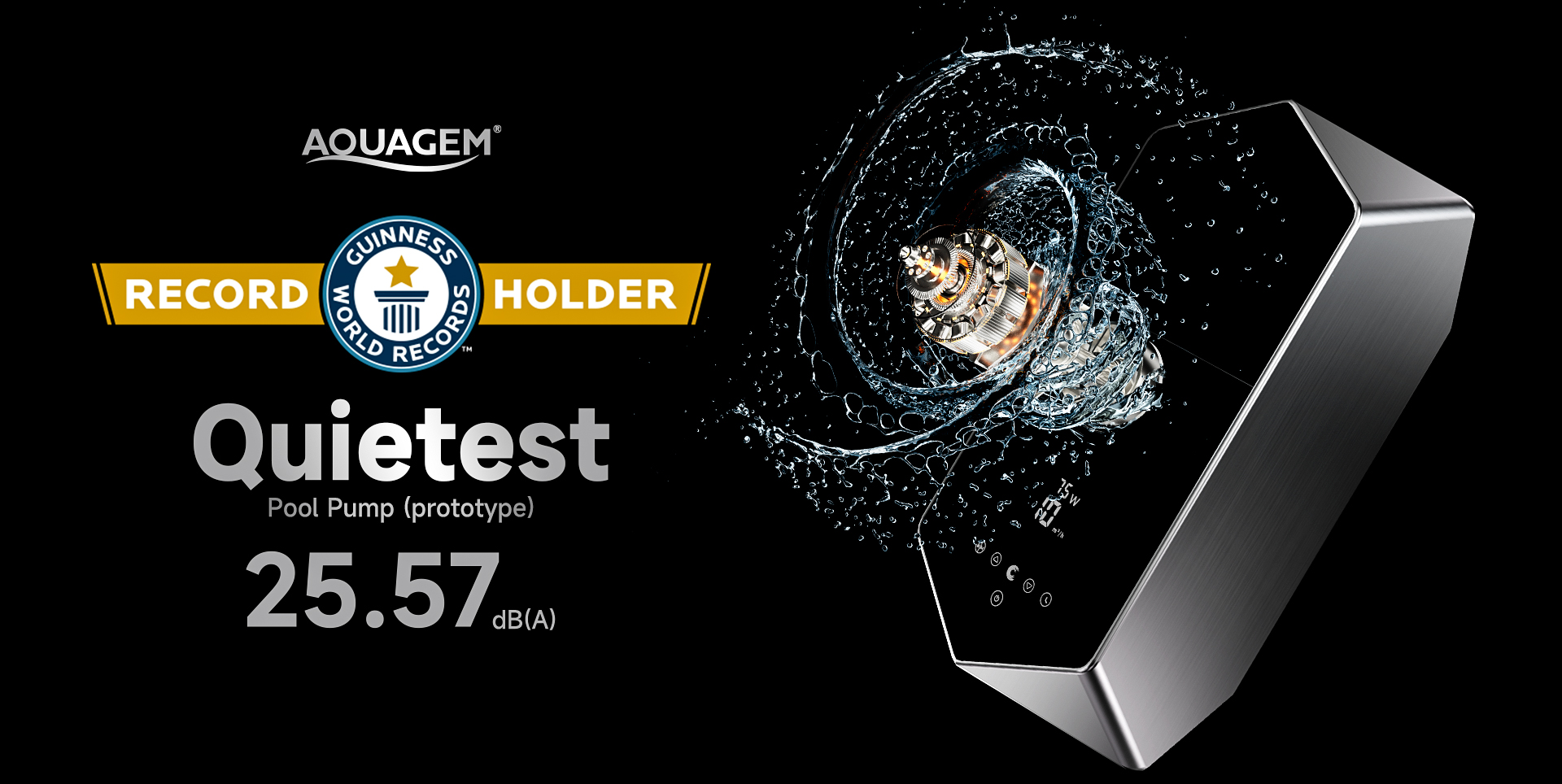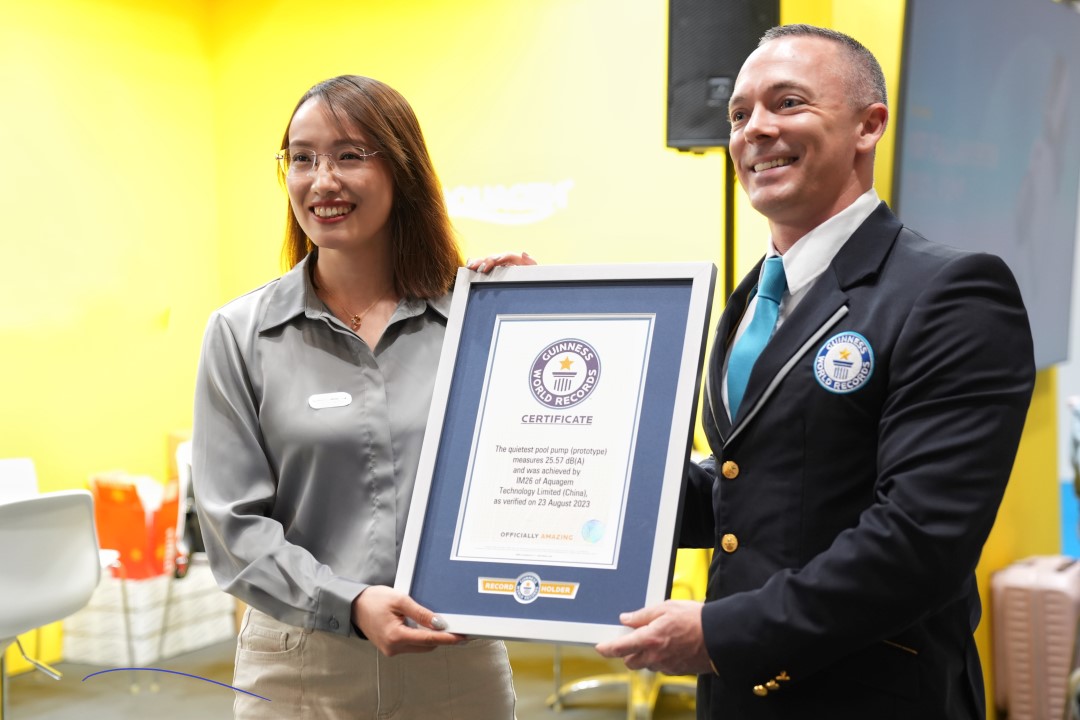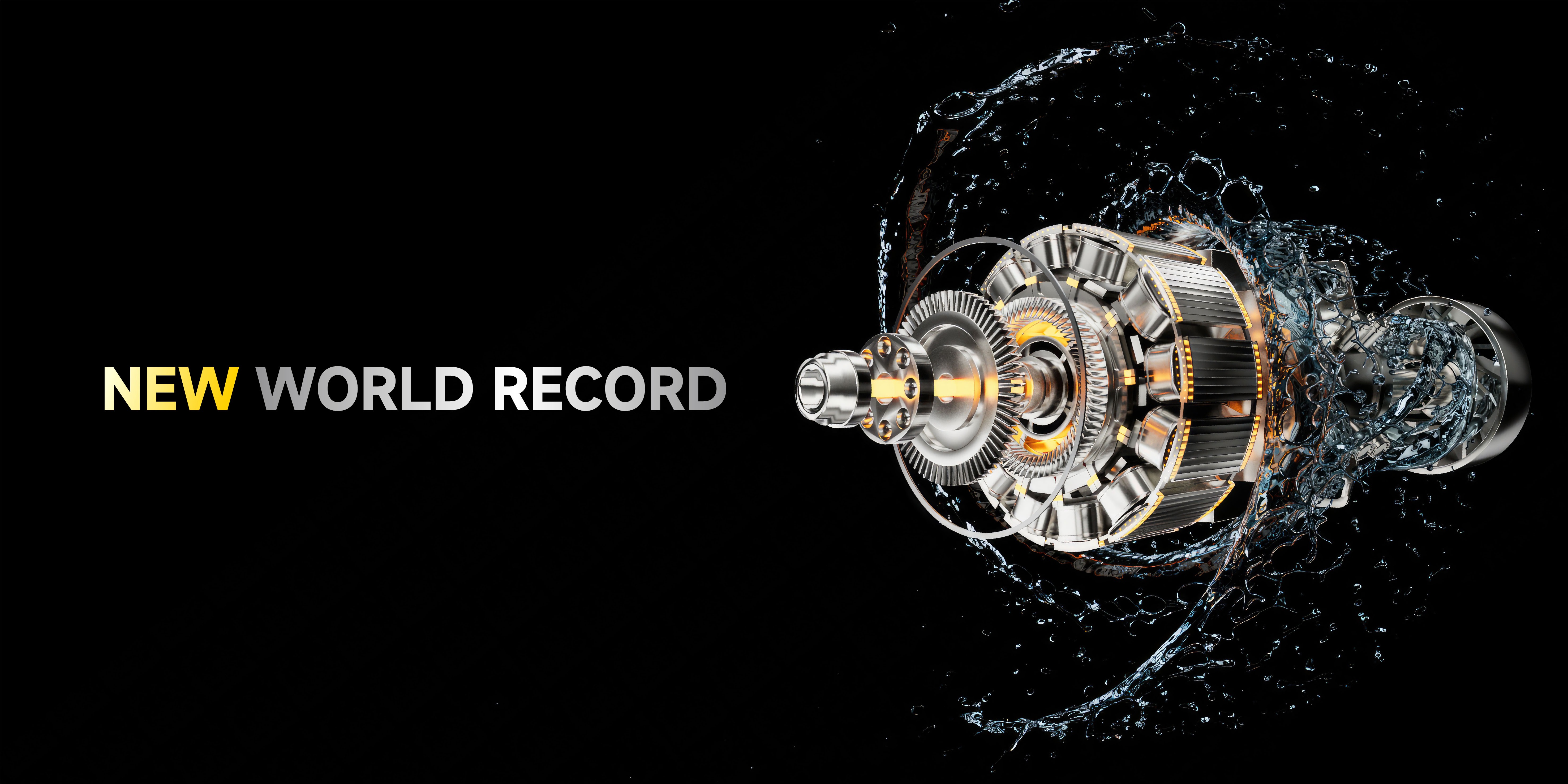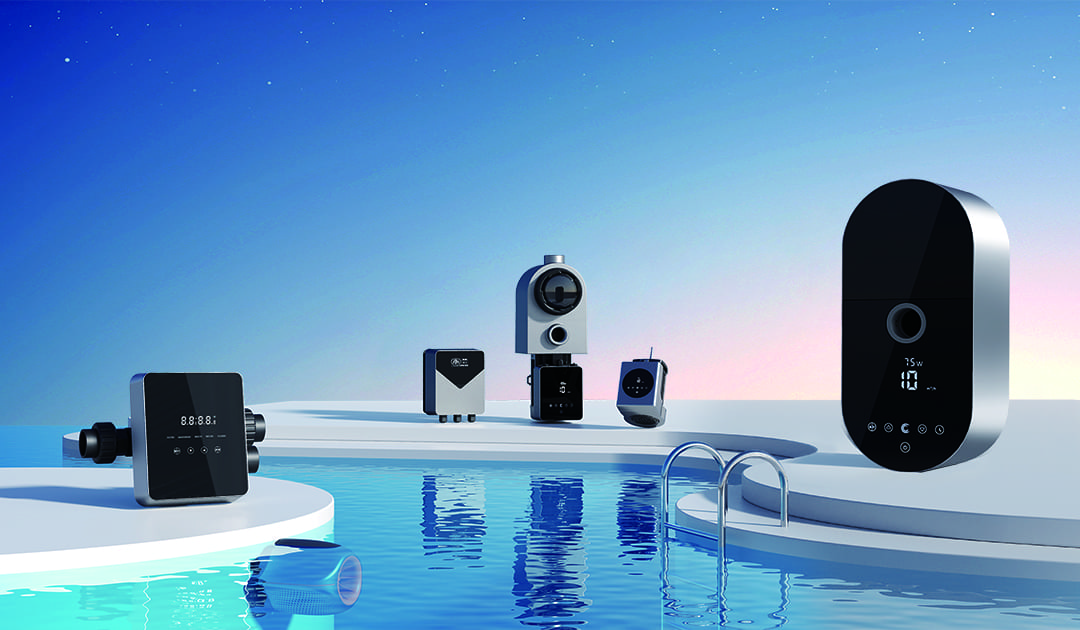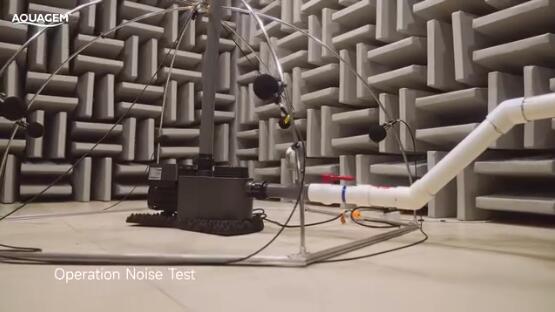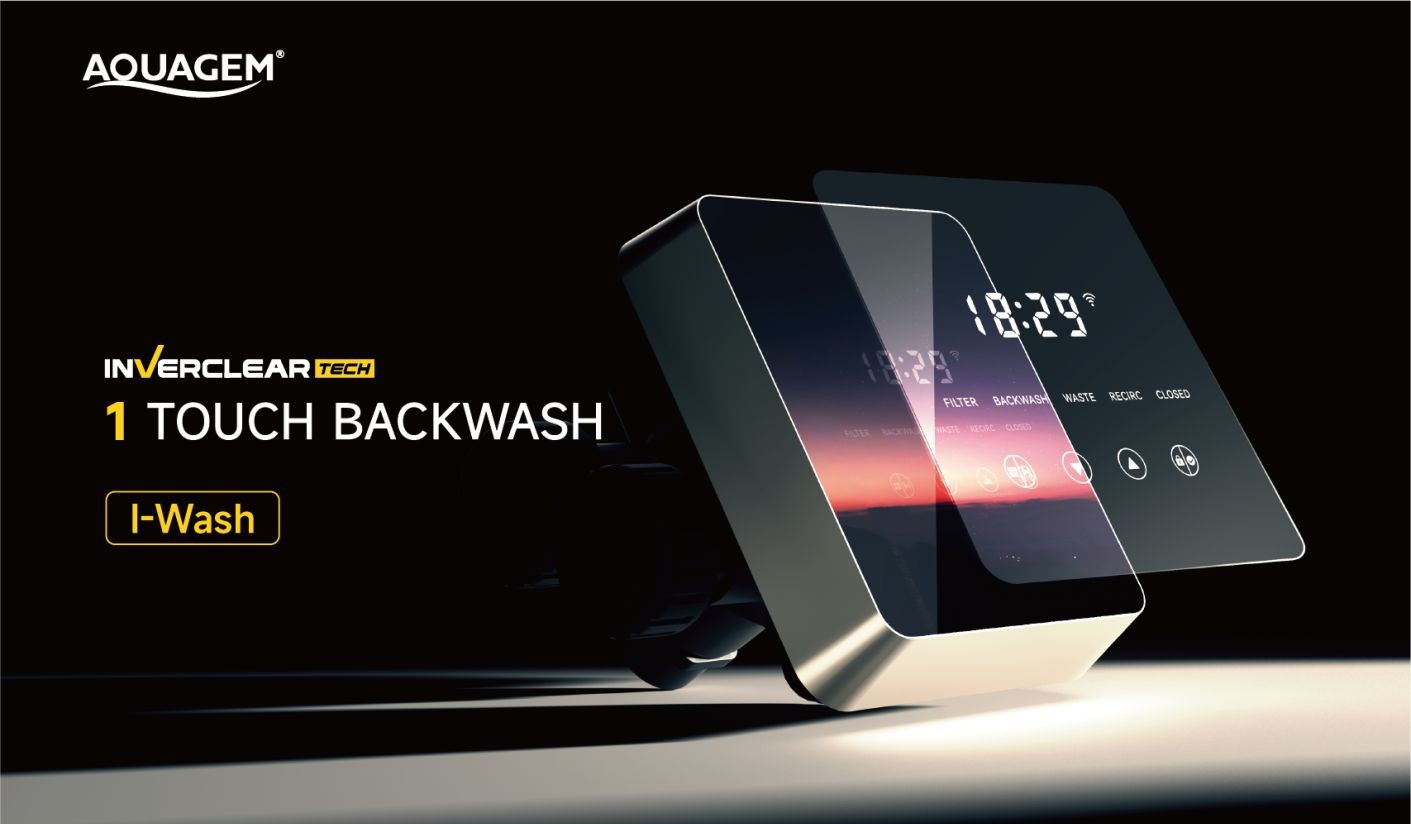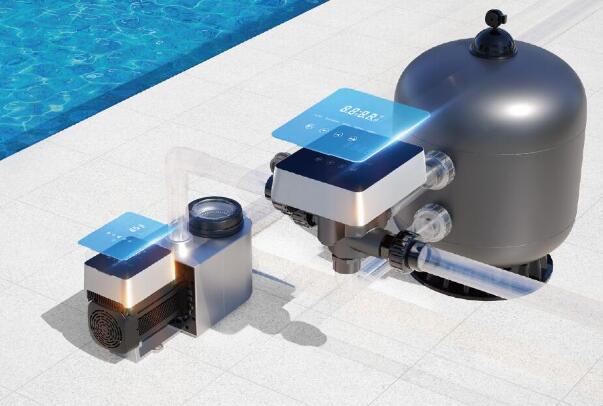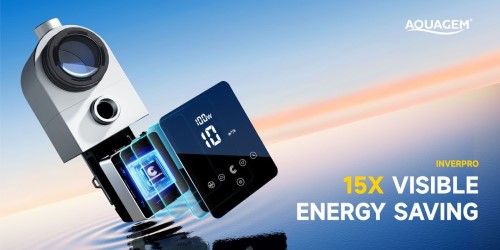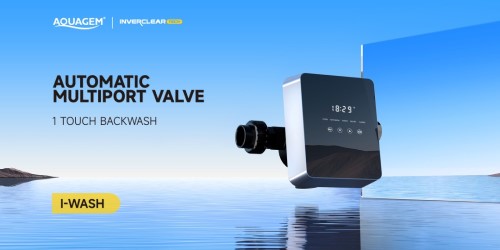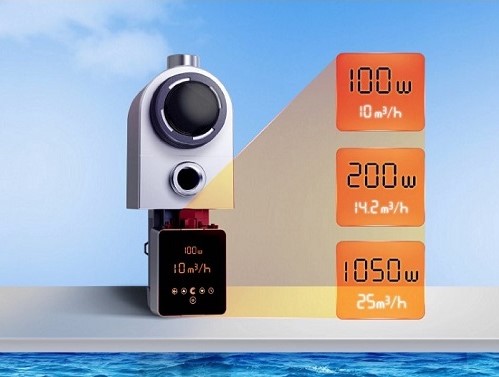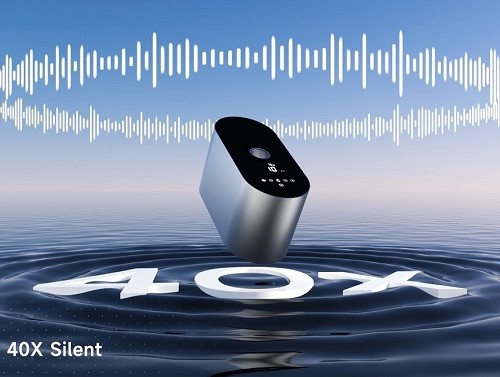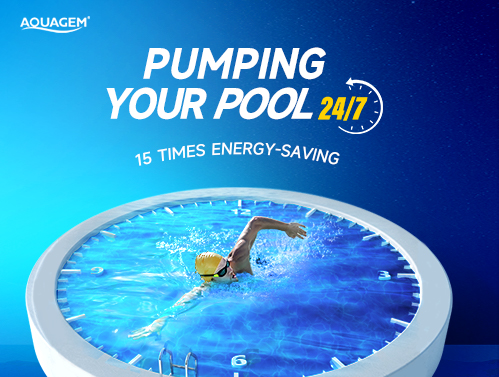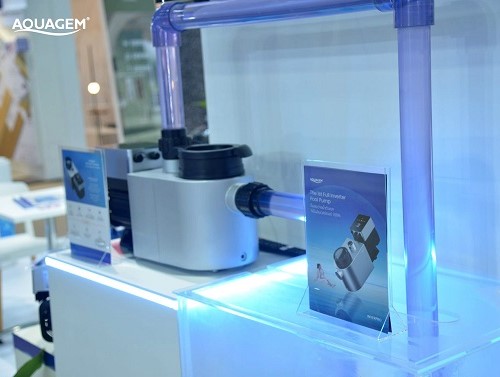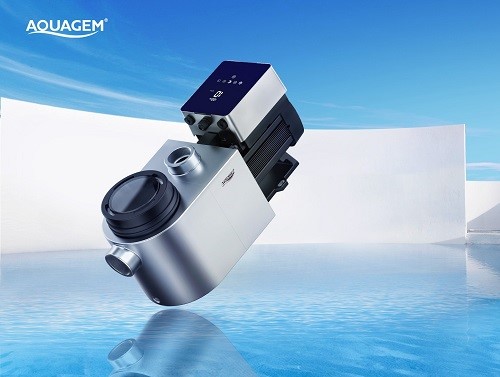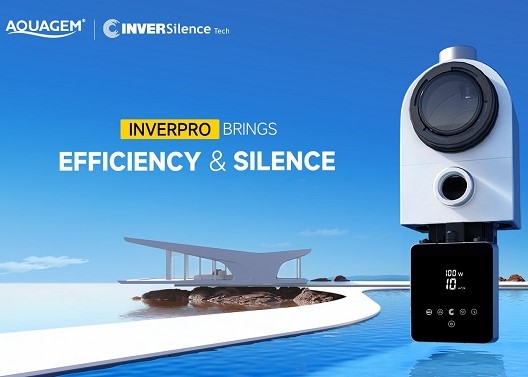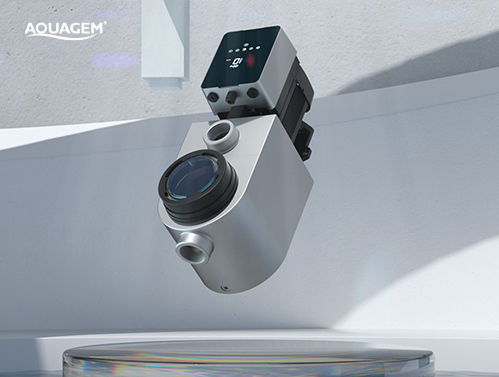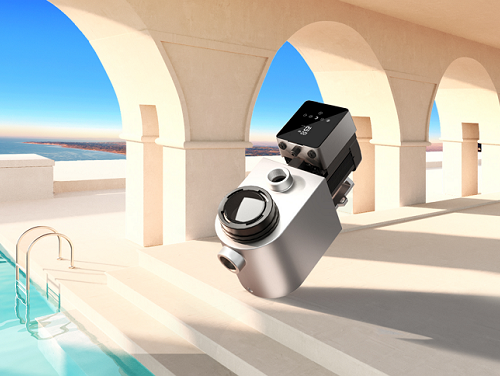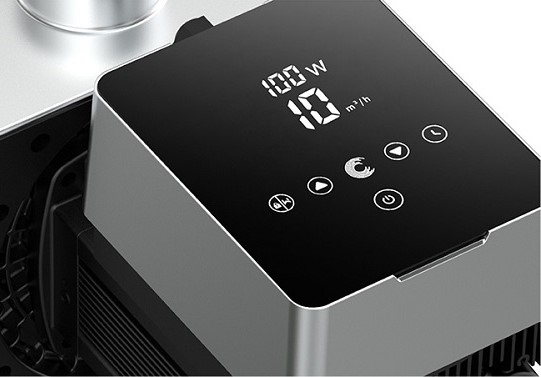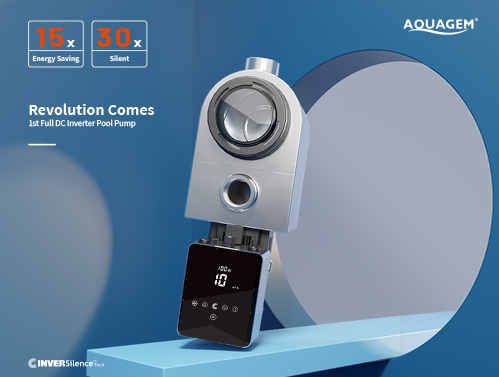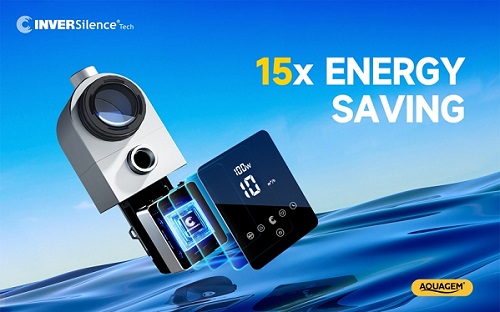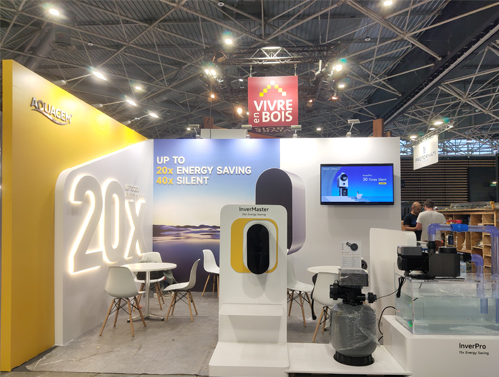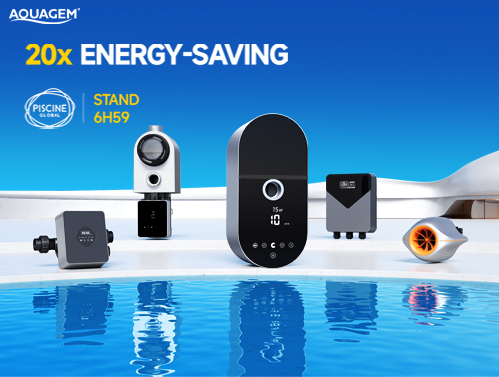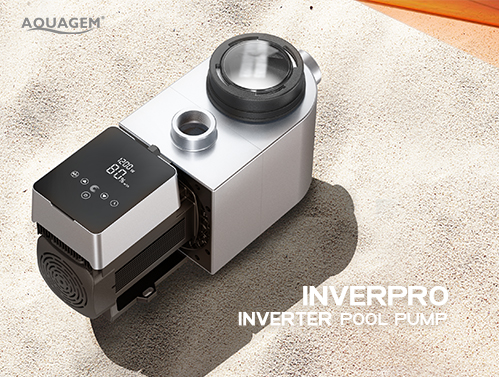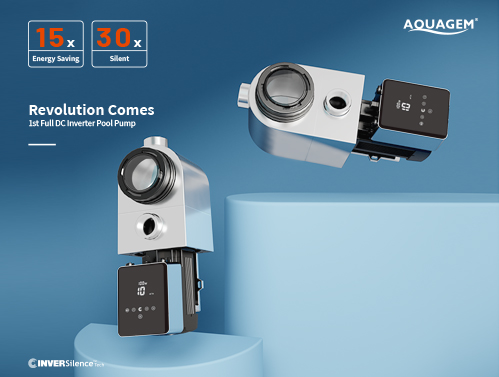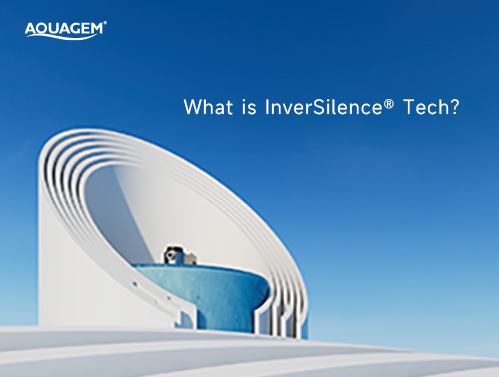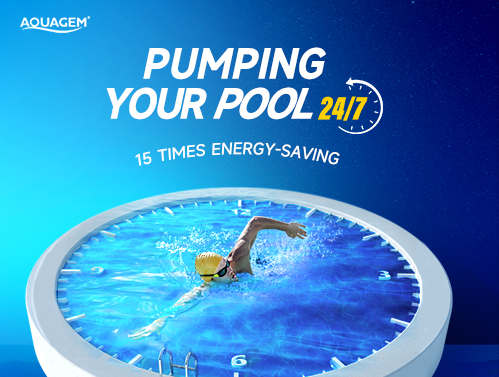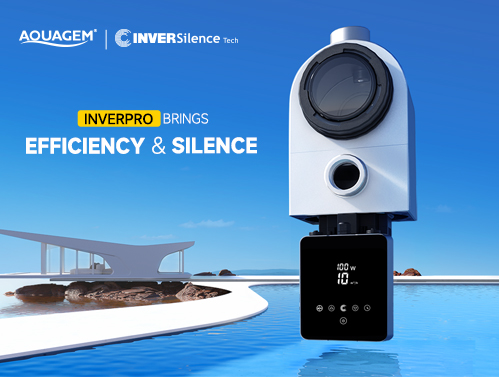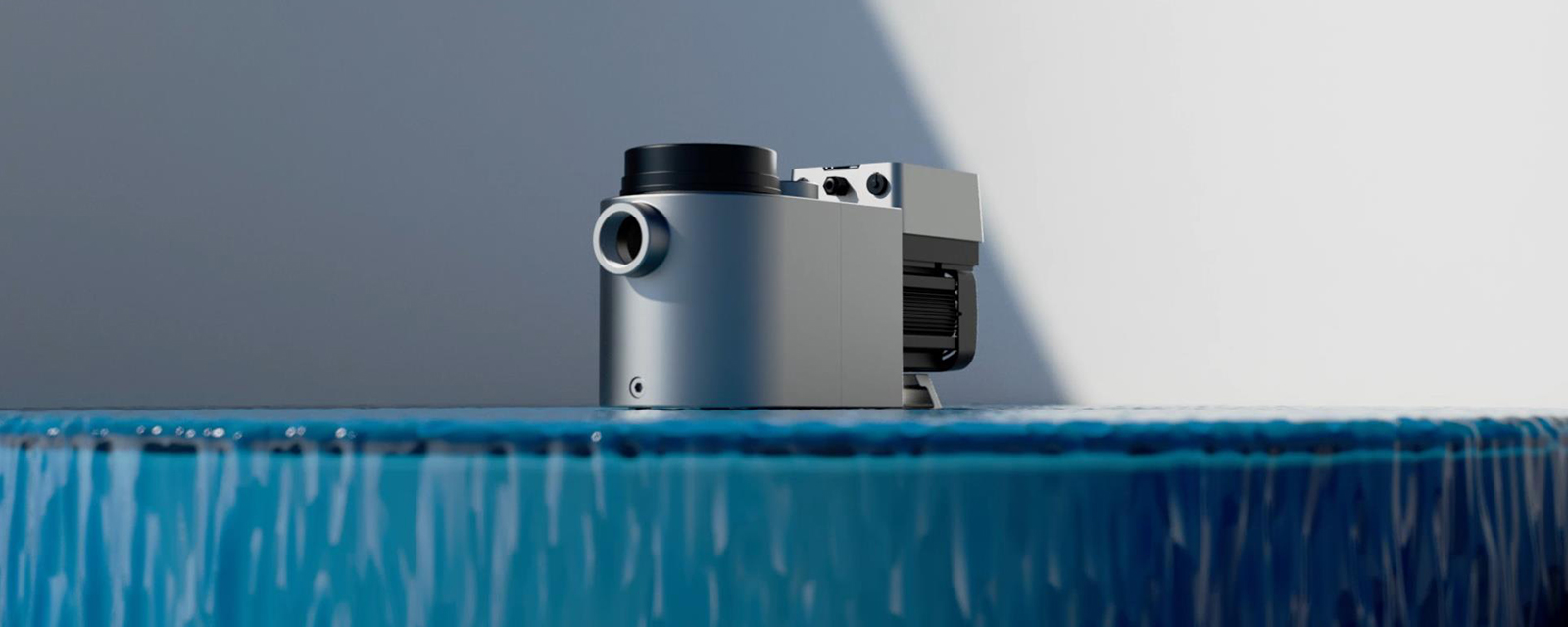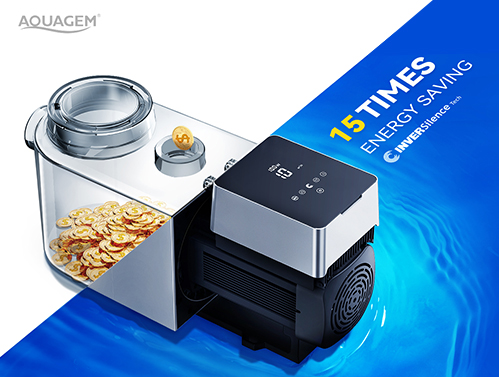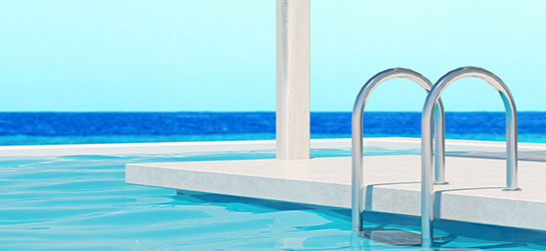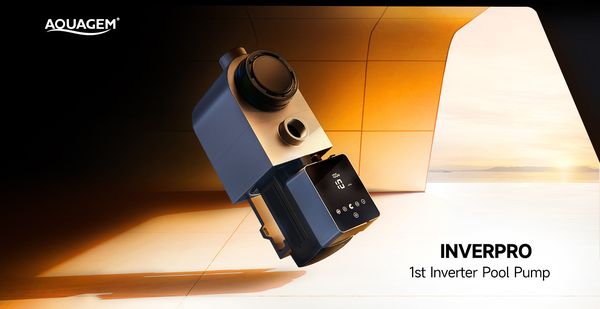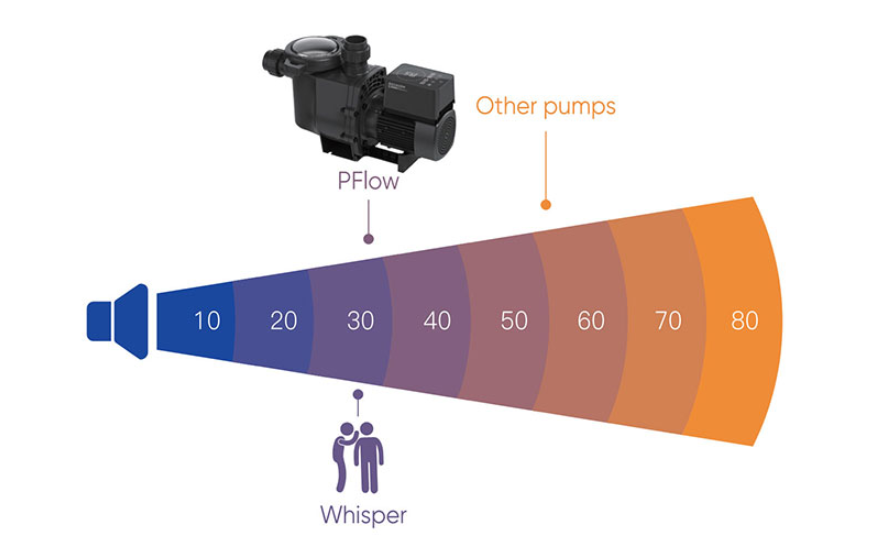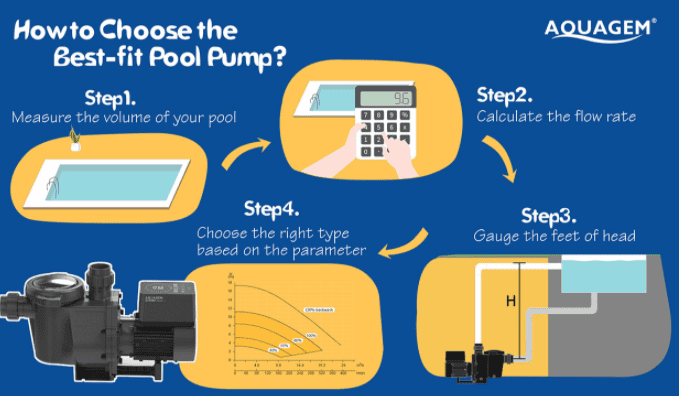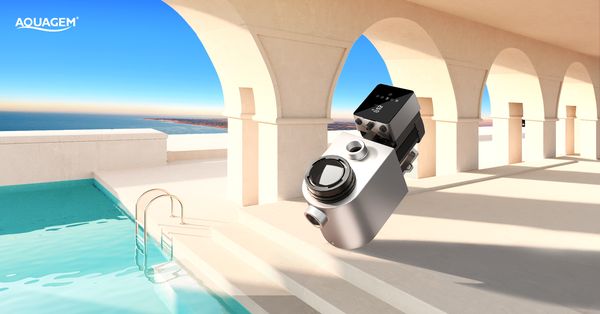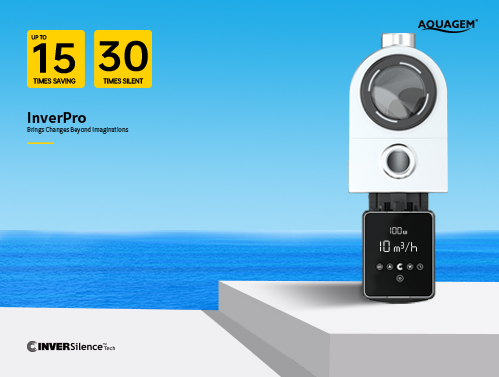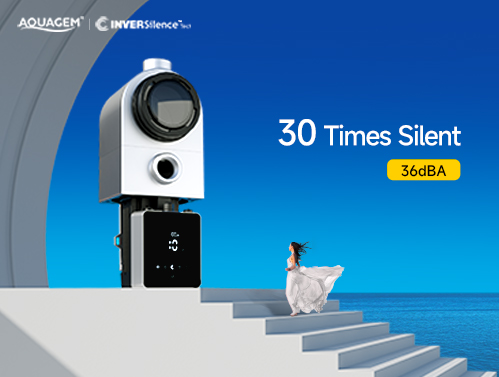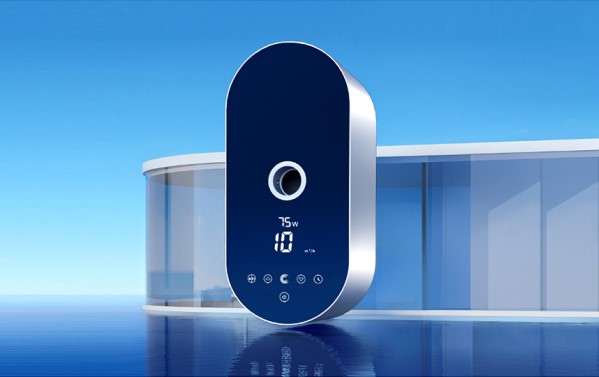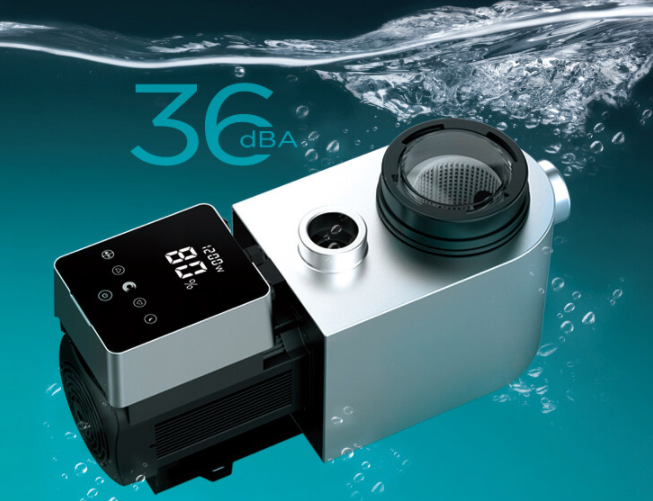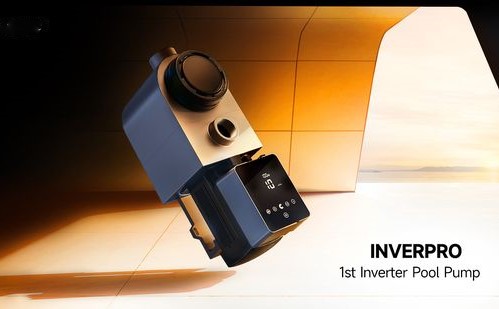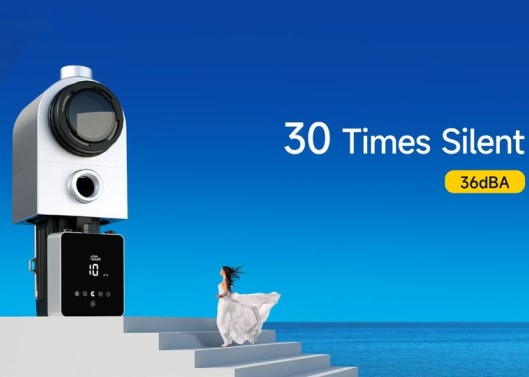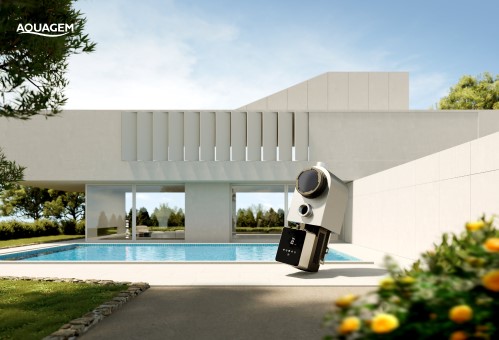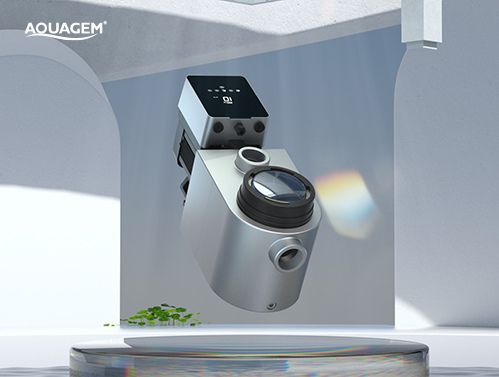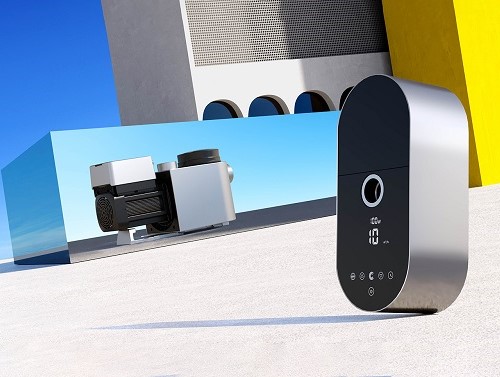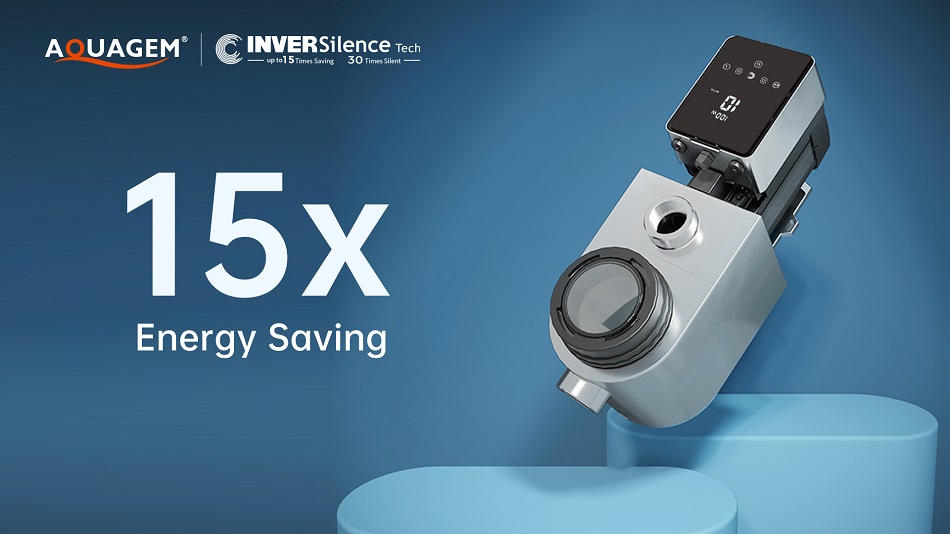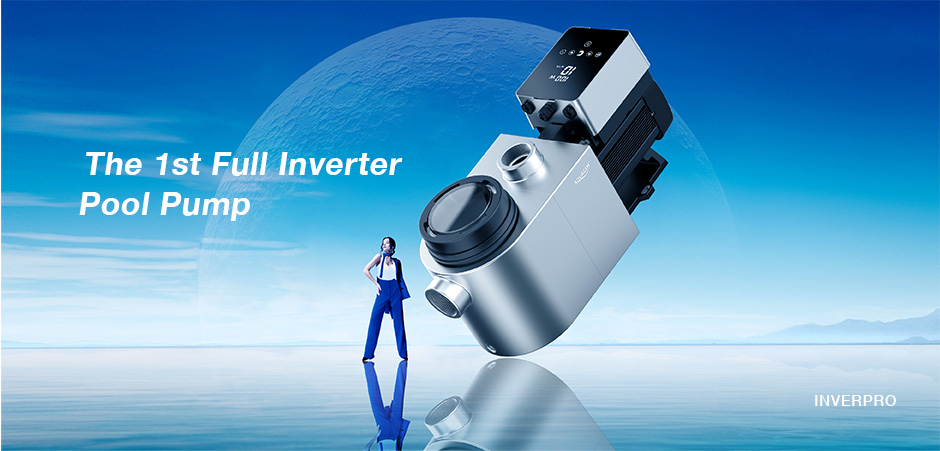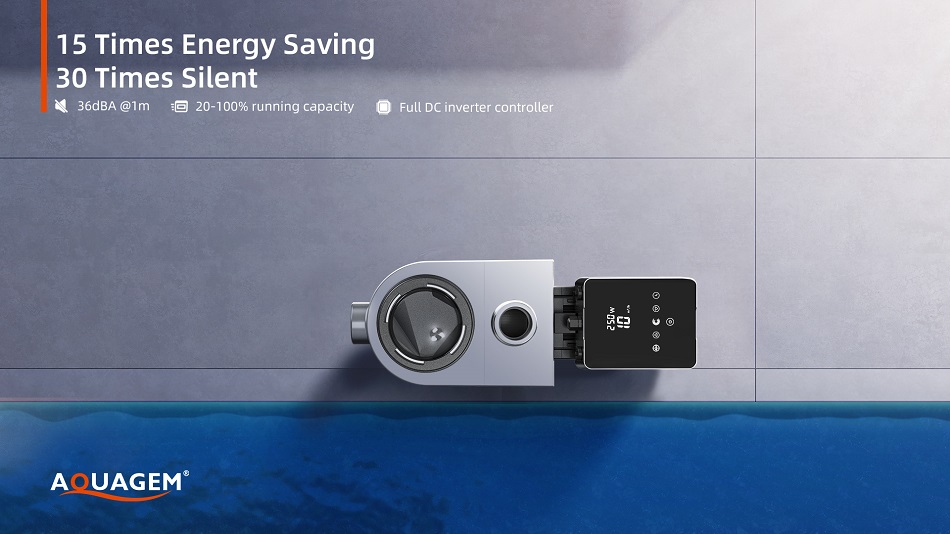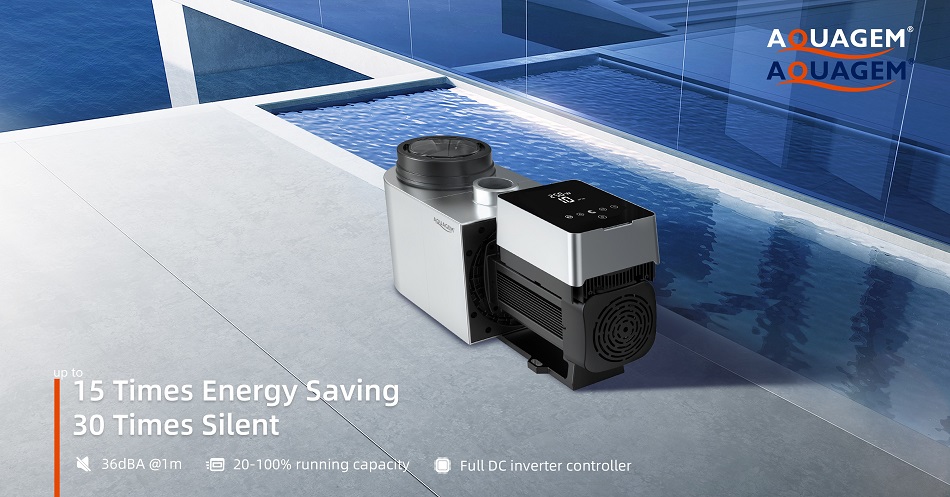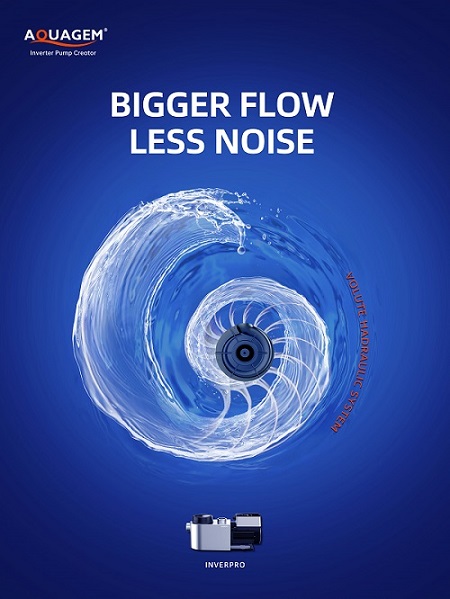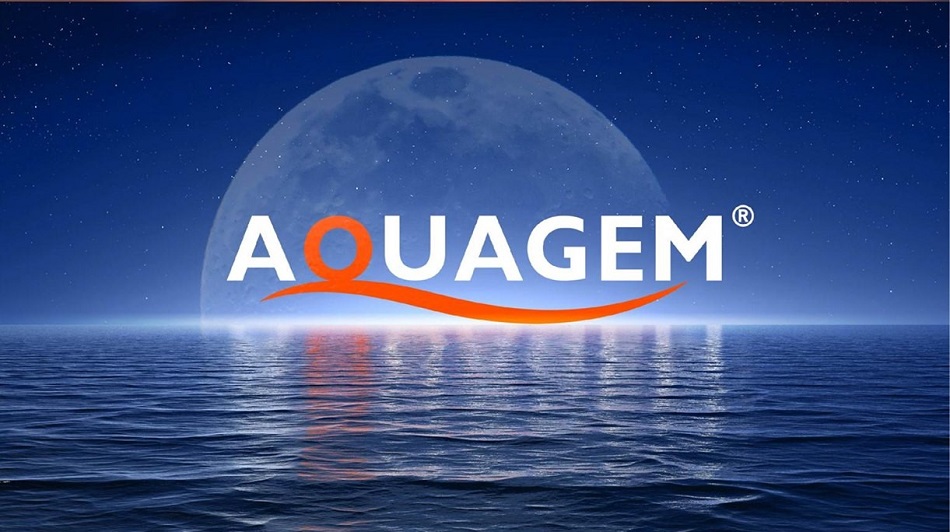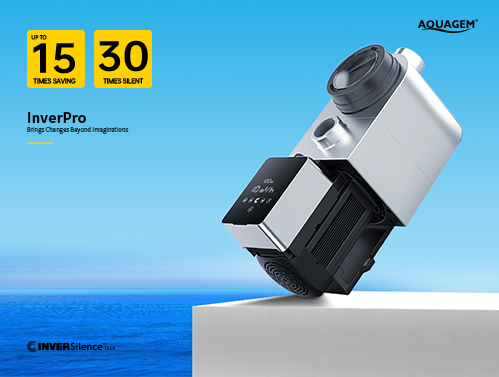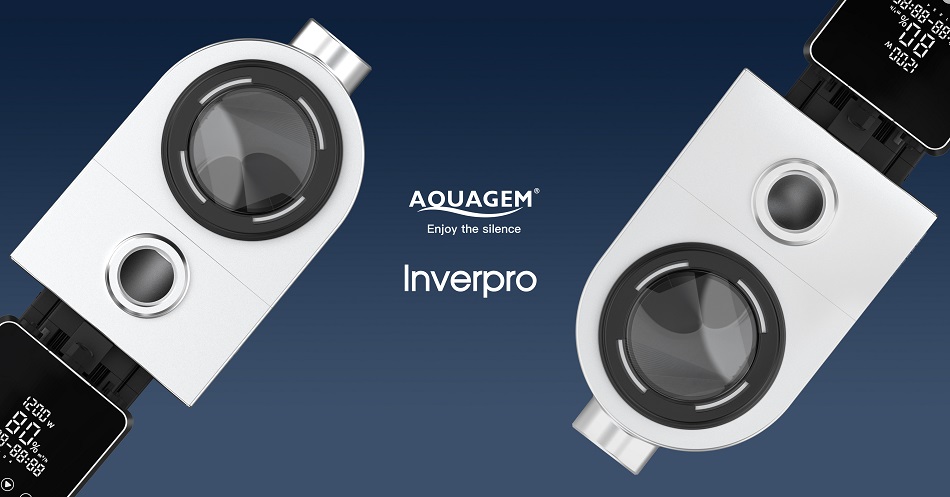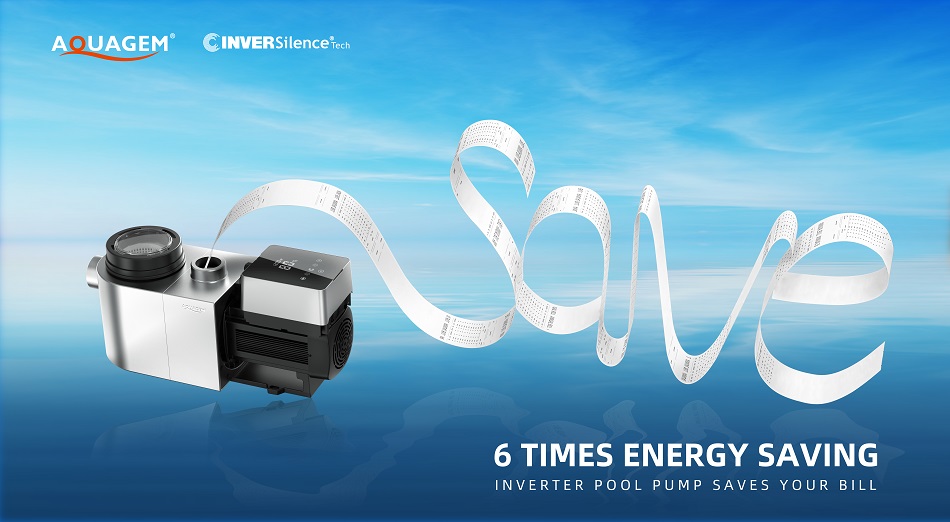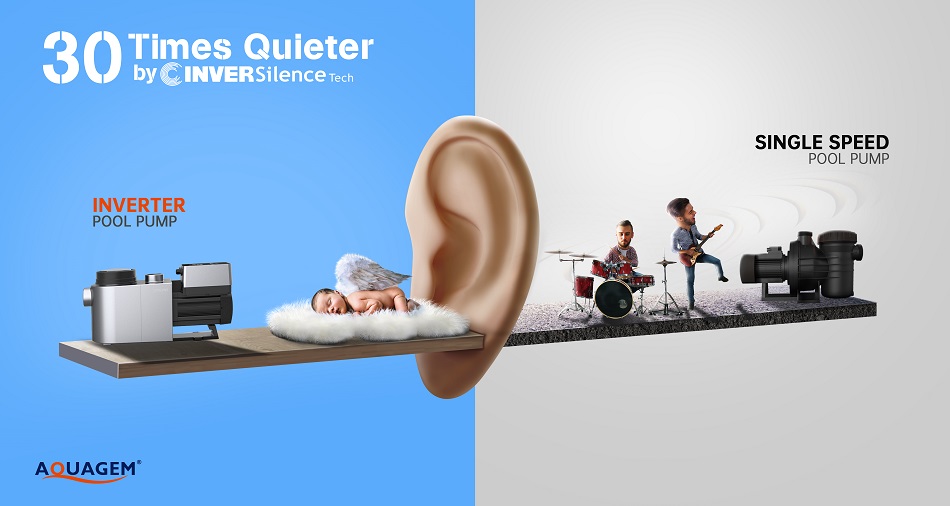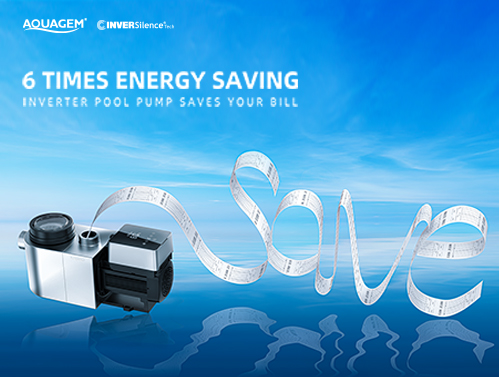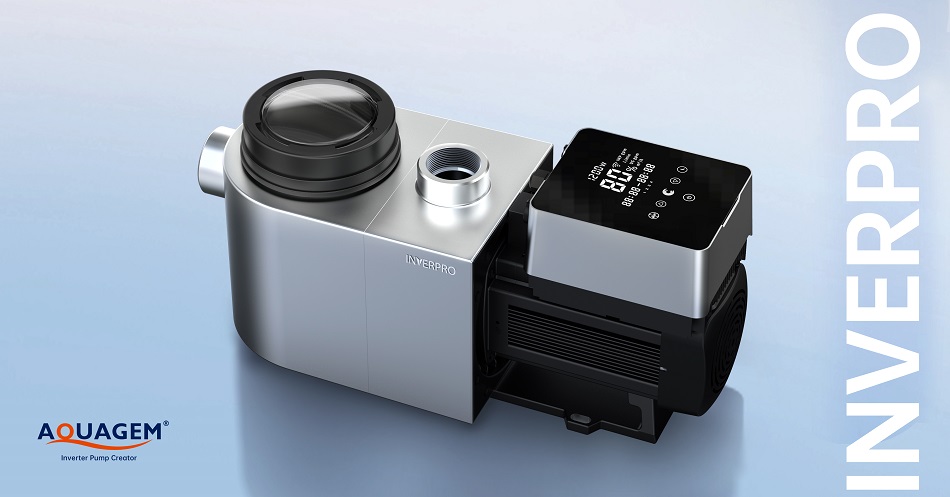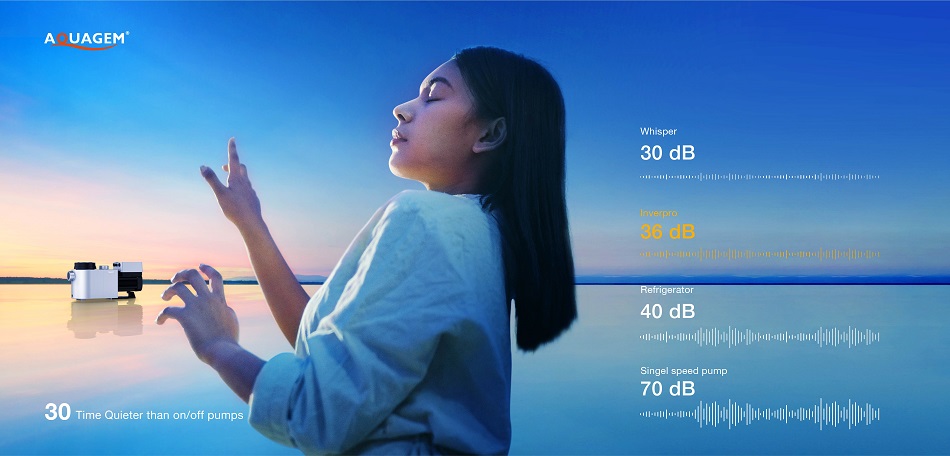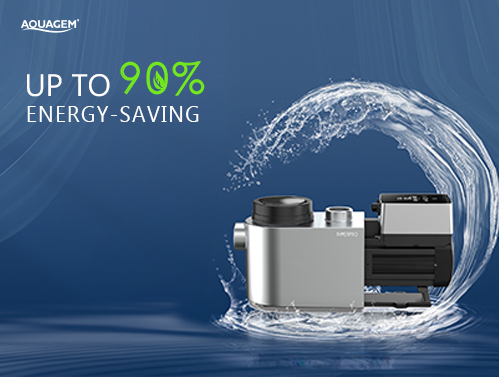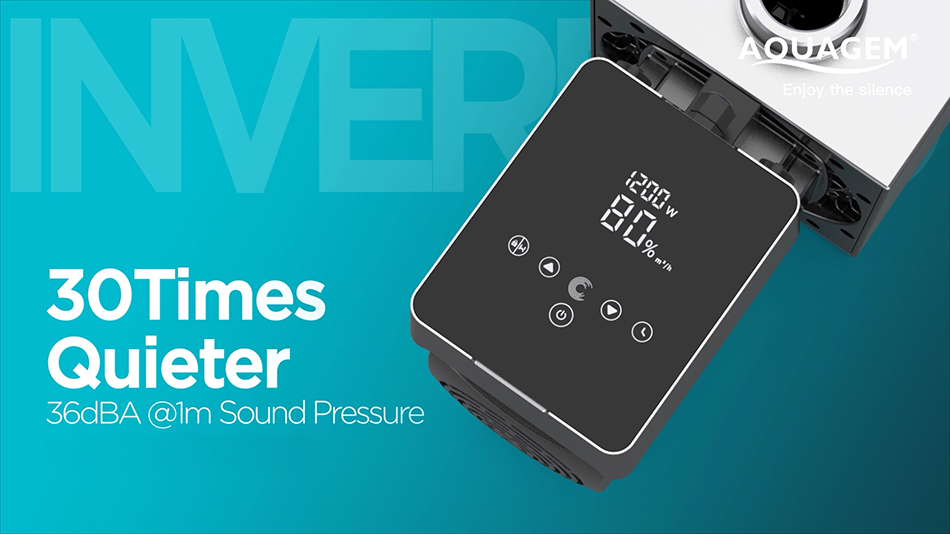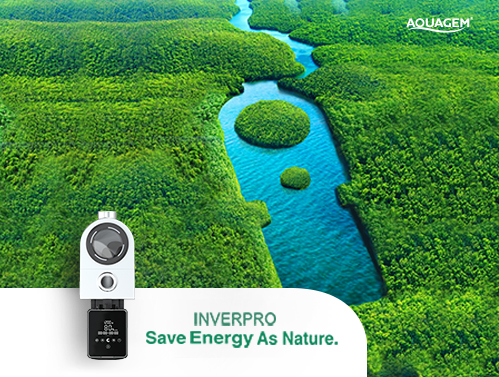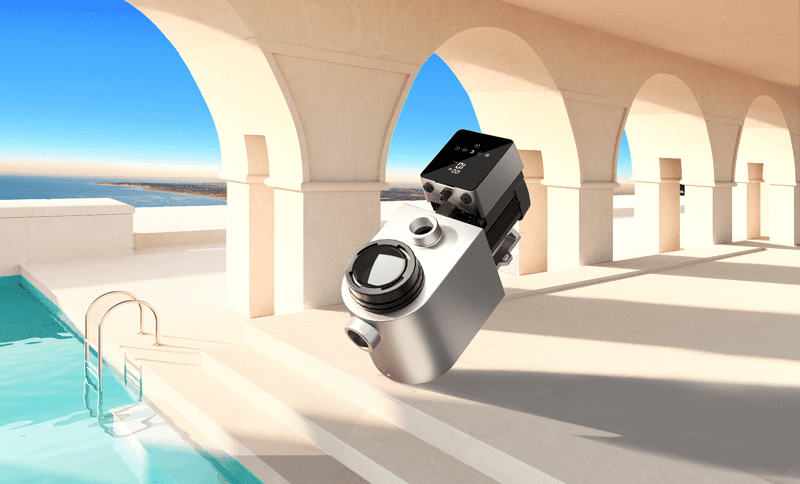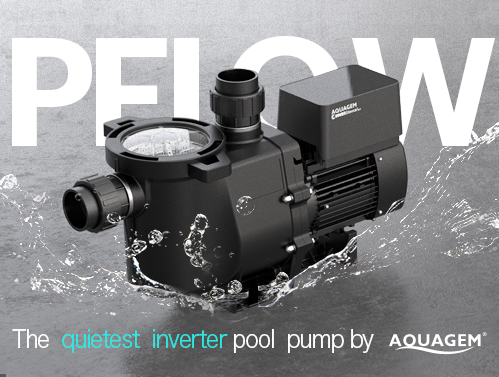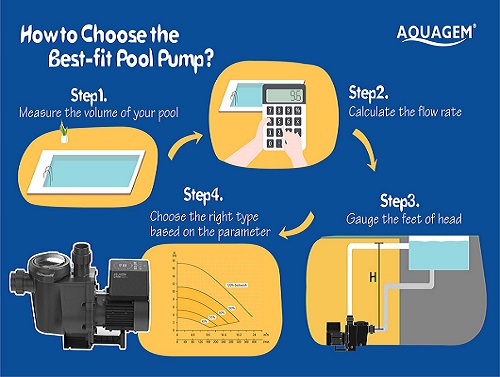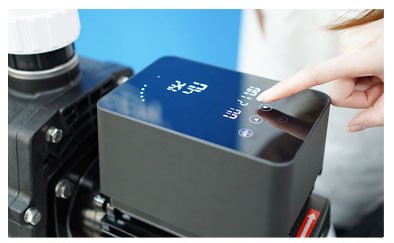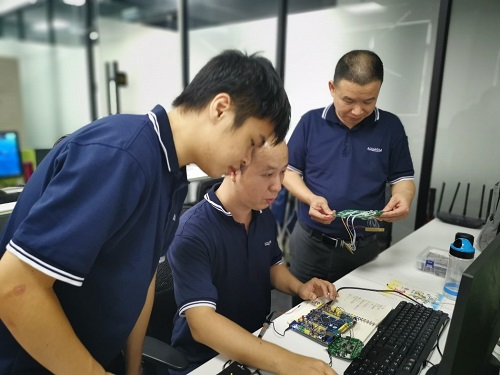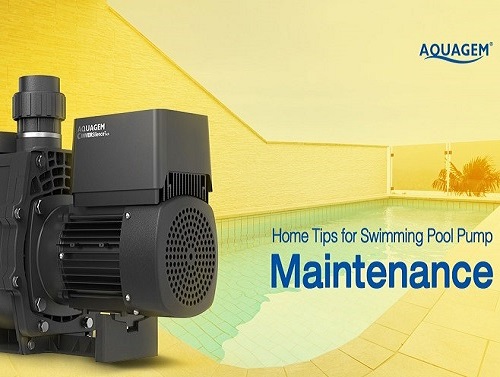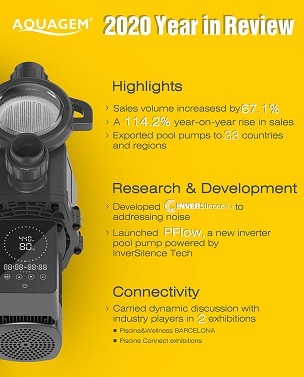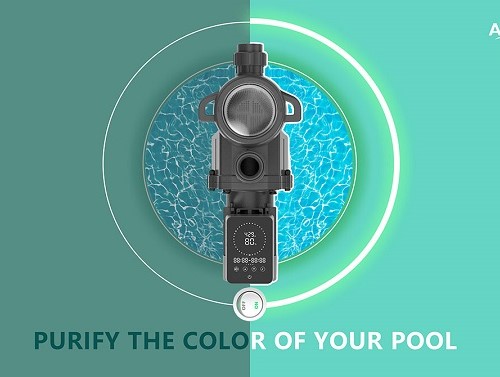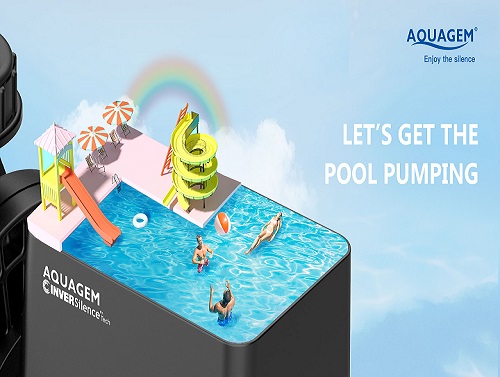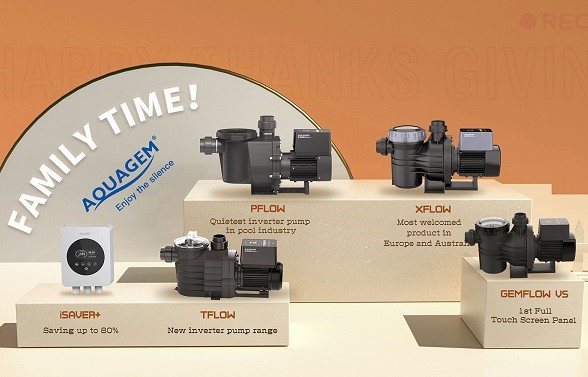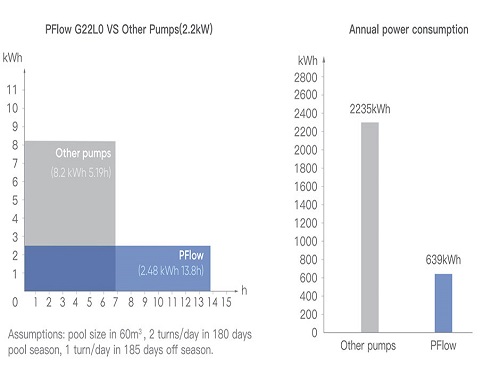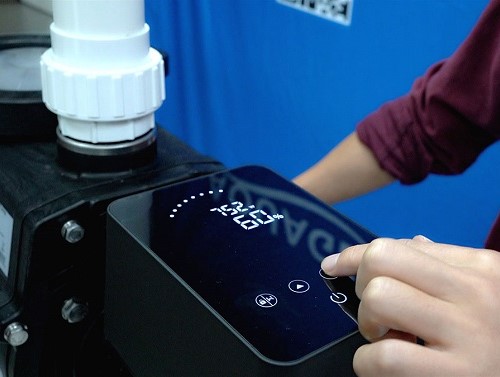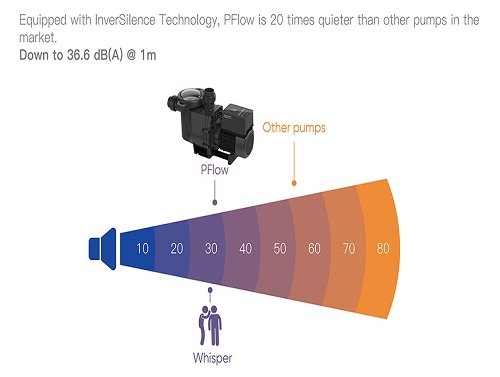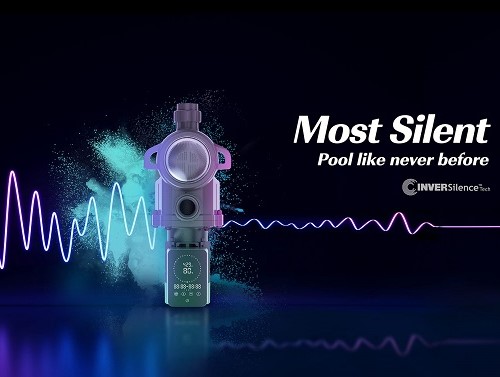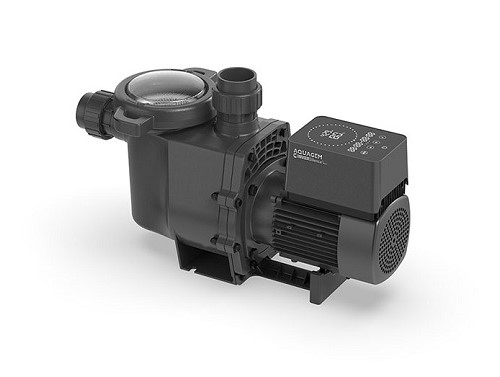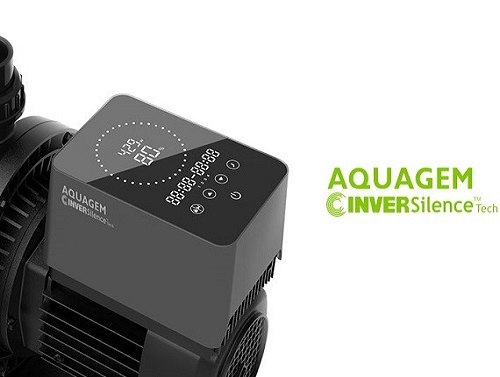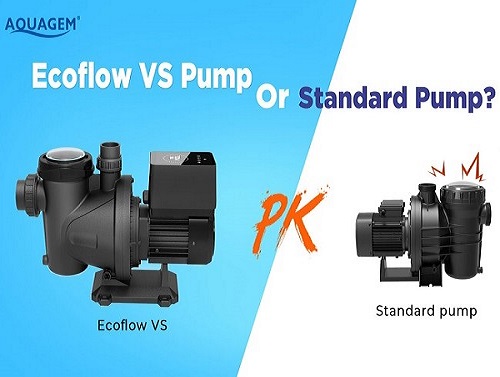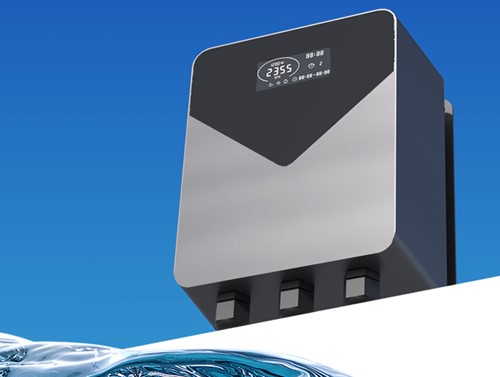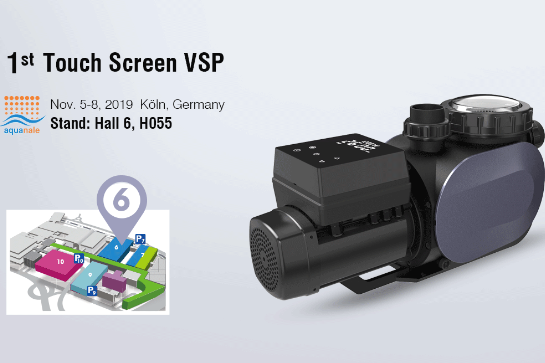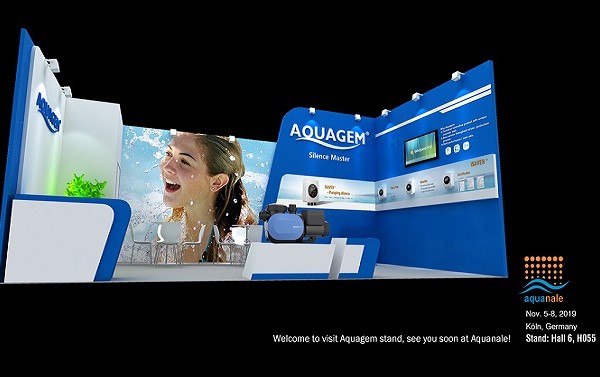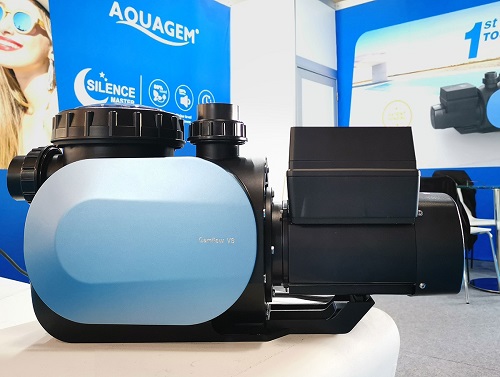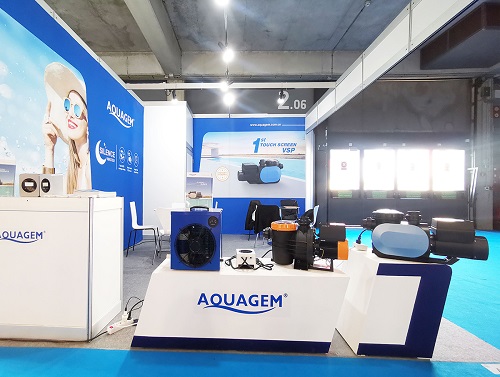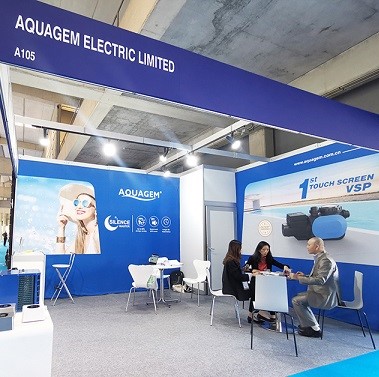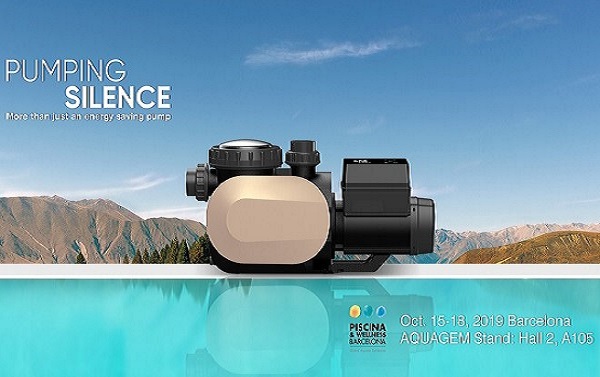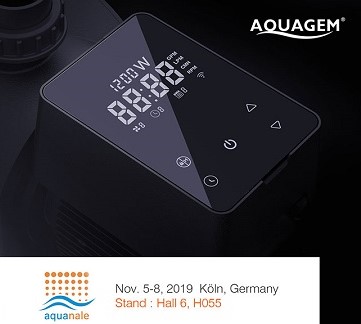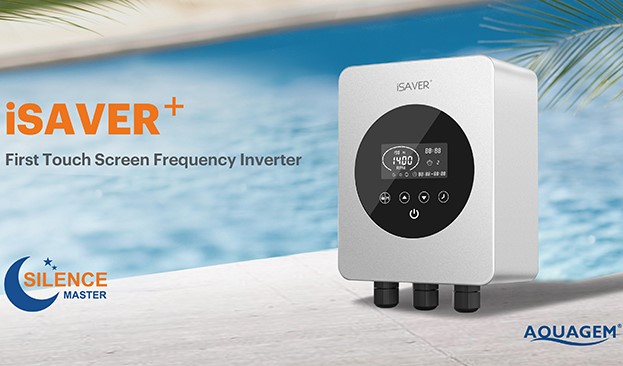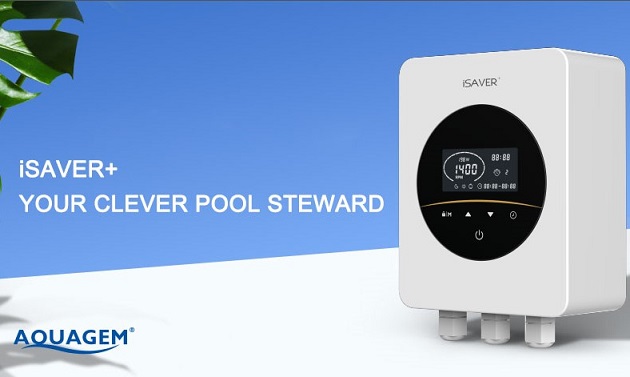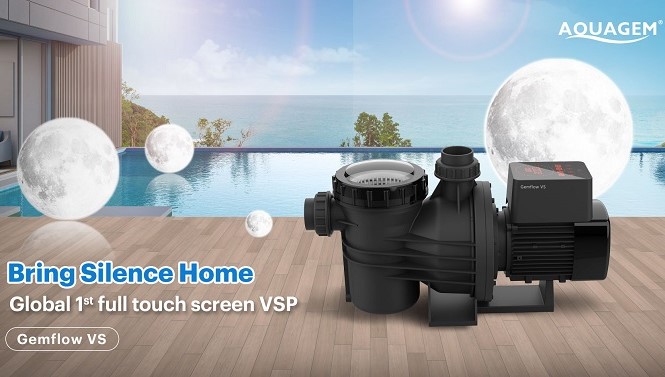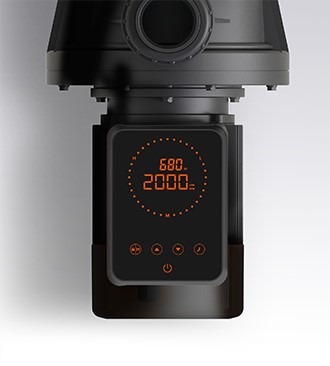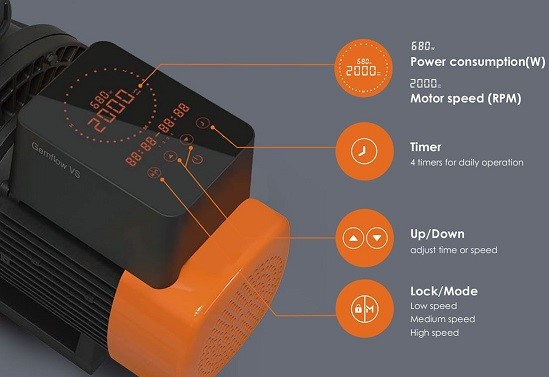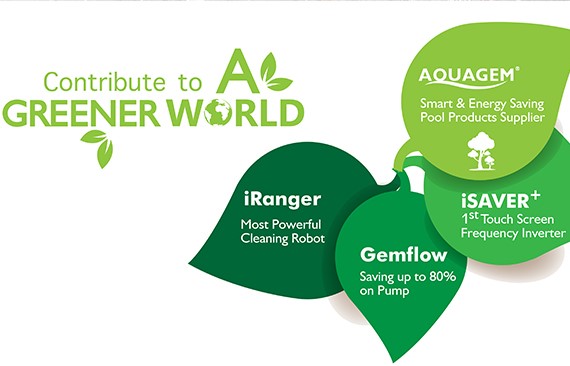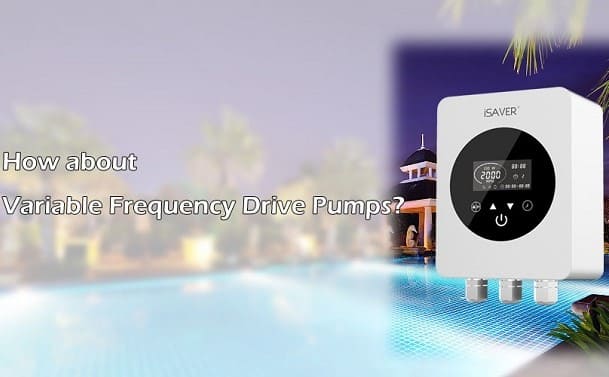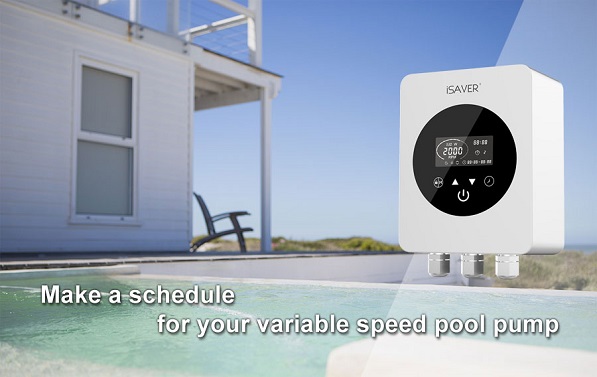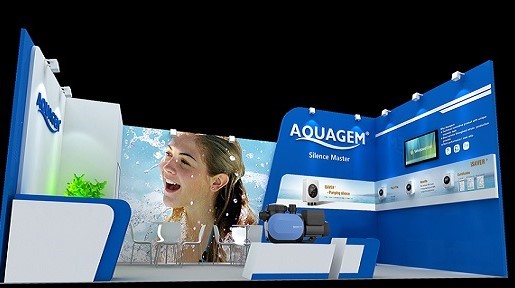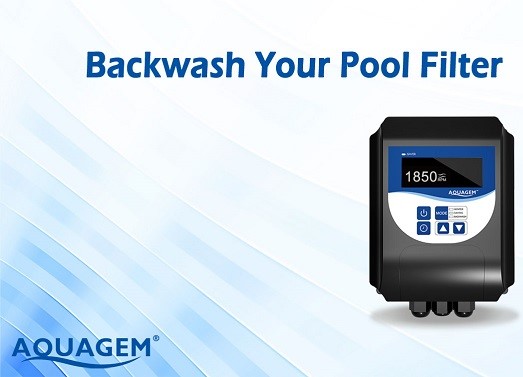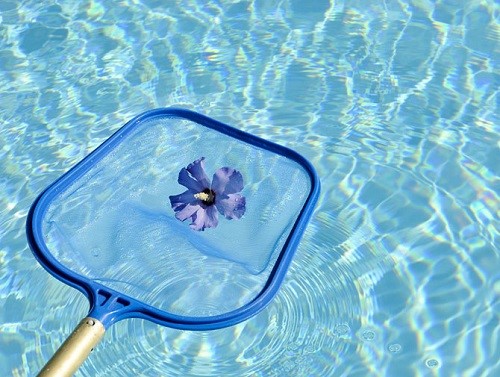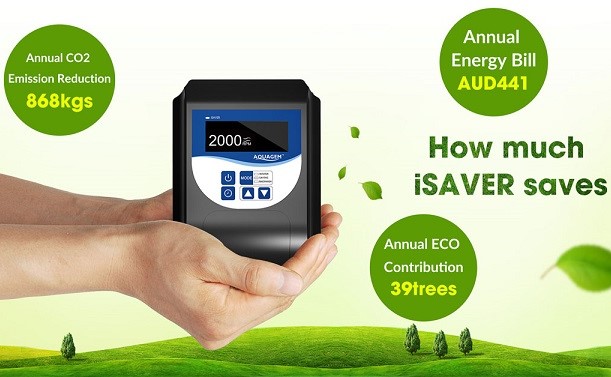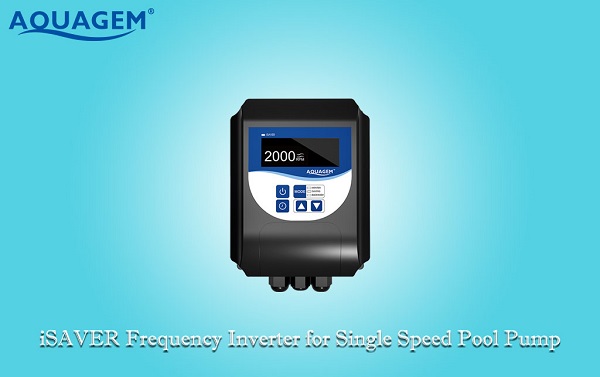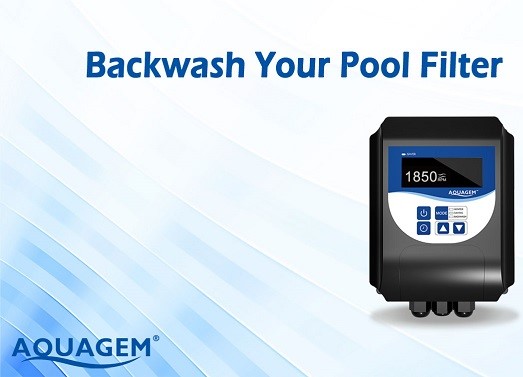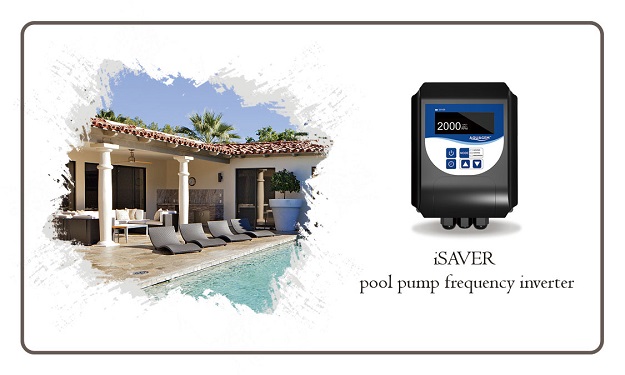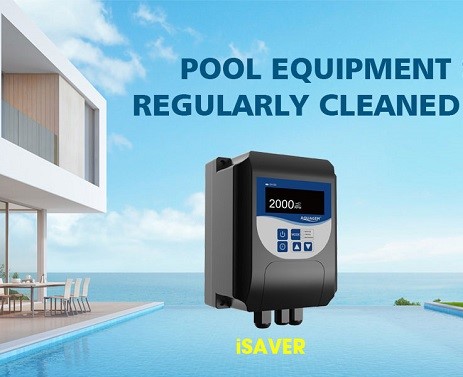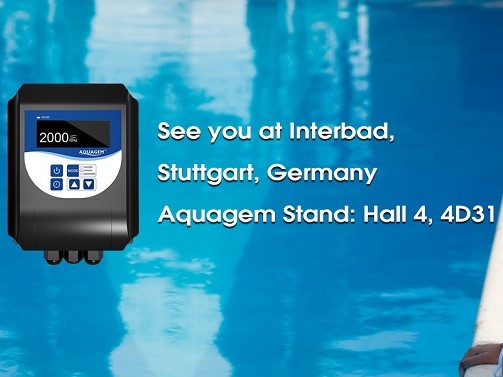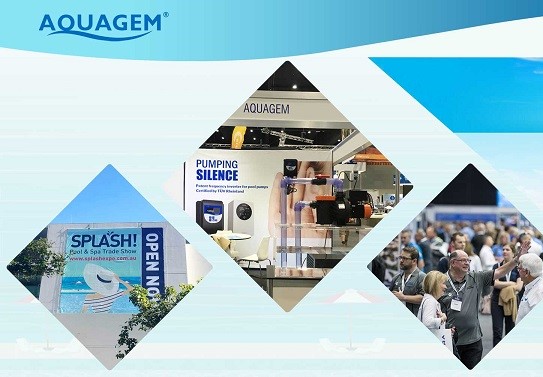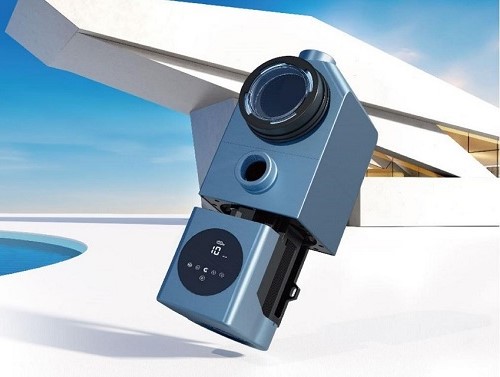To most of us, a pool is simply a large hole in the ground that’s filled with water. Most of the appliances in a pool system are hidden away in the machine room so we rarely see them. But this is exactly what makes the pool work. The pool pump, being one of the most important part of any swimming pool, controls the pool’s daily circulation. In this post, we’ll delve a little more into what a pool pump readlly does.
What Does a Pool Pump Do?
Pool pump is essentially the heart of every swimming pool’s filtration system. It generates continuous water flow to fulfill pool circulation. During the whole circulation process, the pump pulls water from the pool and pushes it to the filtration system, including the main parts of pump, filter, pool heater, and chlorinator, where it is filtered, heated, and sanitized, and also distributes the chemicals through the pool, then return the water back to the pool clean and warm.
How Does a Pool Pump Work?
In a typical pool pump system, the pump itself consists of three components: The motor, impeller, and basket. The electric motor spins the impeller, producing a high velocity of water for pool circulation. The pool pump takes water through the main drains, passes it through the basket and filter to remove the undesired substances like leaves, insects and flies, and then pushes it to the pool heater and the salt chlorine generato. The cleansed water is subsequently returned to the pool through the main inlets.
As the pool pump runs continually, the pool water circulation keeps cycling, ensuring a clean and healthy pool.
Why Do We Need Pool Pump?
One of the most essential challenges for pool owners, especially during the swimming season, is keeping the pool clean. As the heart of pool mechanism, the operation of the pump governs the the overall operation of the swimming pool.
If the pool does not have a pump, the pool water won’t be properly circulated and filtered. Shortly after the fresh water is filled, the pool will quickly become quite polluted and dirty resulting from the fast growth of bacteria and germs.
In a nutshell, pool pump is indispensable for pool owners due to the following reasons:
To ensure water circulation.
To maintain the visual clarity of the water.
To clean the debris such as leaves, flies, insects out of the pool.
To evenly spread the chemicals over the pool to fight against the growth of bacteria and germs.
To prevent water-borne infectious diseases and maintain a healthy pool life.
What Does an Inverter Pool Pump Do?
As mentioned above, the water pumps needs to continuously keep running to ensure pool circulation, which basically leads to a very serious problem – high energy consumption and electricity bills. Did you know that this can be avoided? Switching your single or dual speed pool pump to an inverter pool pump proves to be rather significant in energy savings.
Compared with traditional single-speed pumps that always run at the full speed even when not necessary, inverter pool pumps could automatically adjust the running speed to match varied needs, which means you can decide when you need extra power for more intense filtration and then set it to a lower-speed most of the time without wasting energy.
As the world’s first inverter pump, Aquagem’s InverPro inverter pool pump could run intelligently between 30% to 100% capacity, which saves energy up to 15 times. In addition to high energy efficiency, InverPro pump is 30 times quieter, reducing the noise down to 36 dBA @1m, just like the sound of human whisper. It’s a a big step in swimming pool pump industry.
Conclusion
Pool pump is the heart of a pool system. Without an well-performed water pump, your swimming pool will soon turn into a dirty mess. As the water pump for pool is a high-power household appliance, using an energy-efficient pump is particularly important. That’s why Aquagem Technology Limited, the first swimming pool manufacturer dedicated to inverter technology, developed a 15 times more energy-saving inverter pool pump. To get more advice about inverter pumps, contact our experts!

